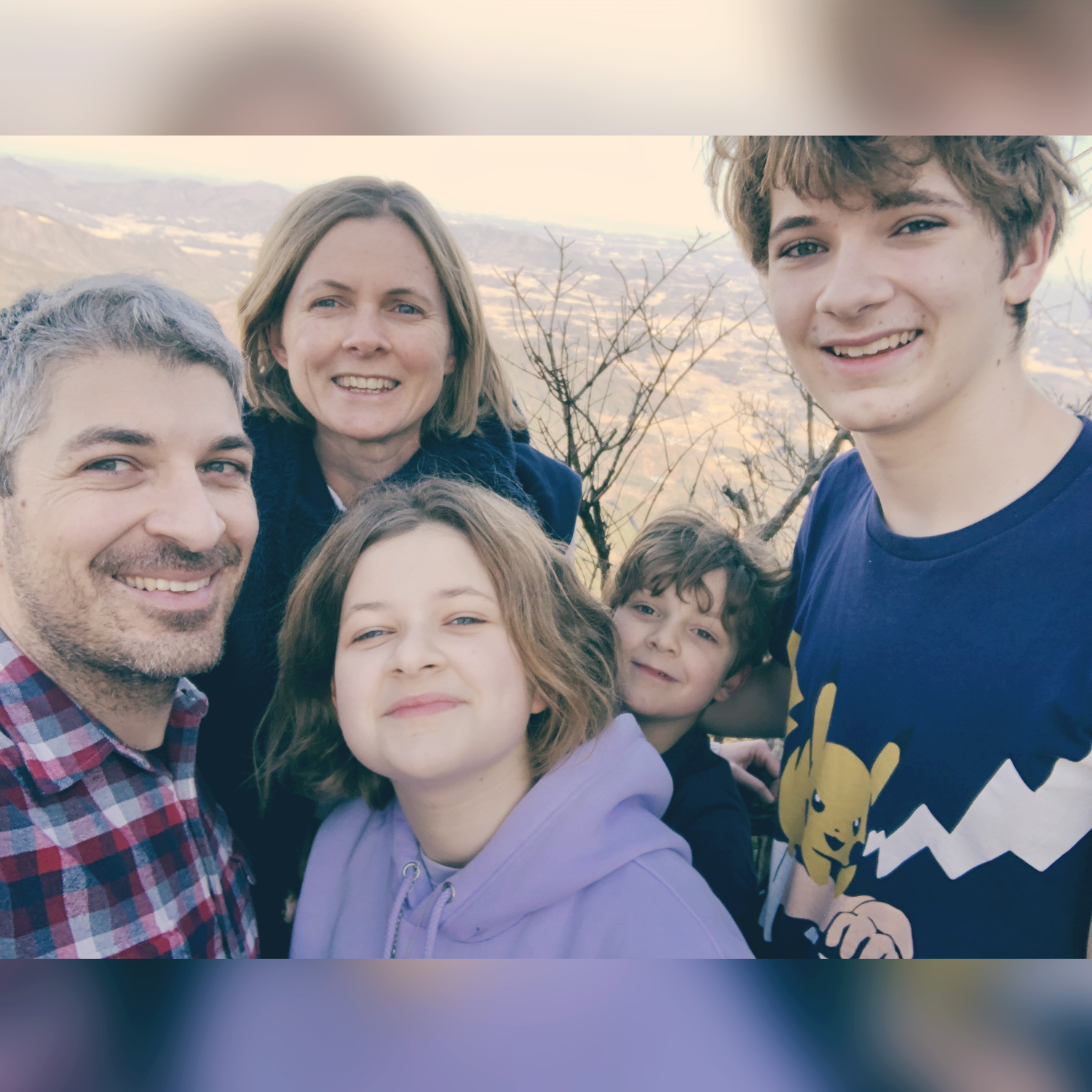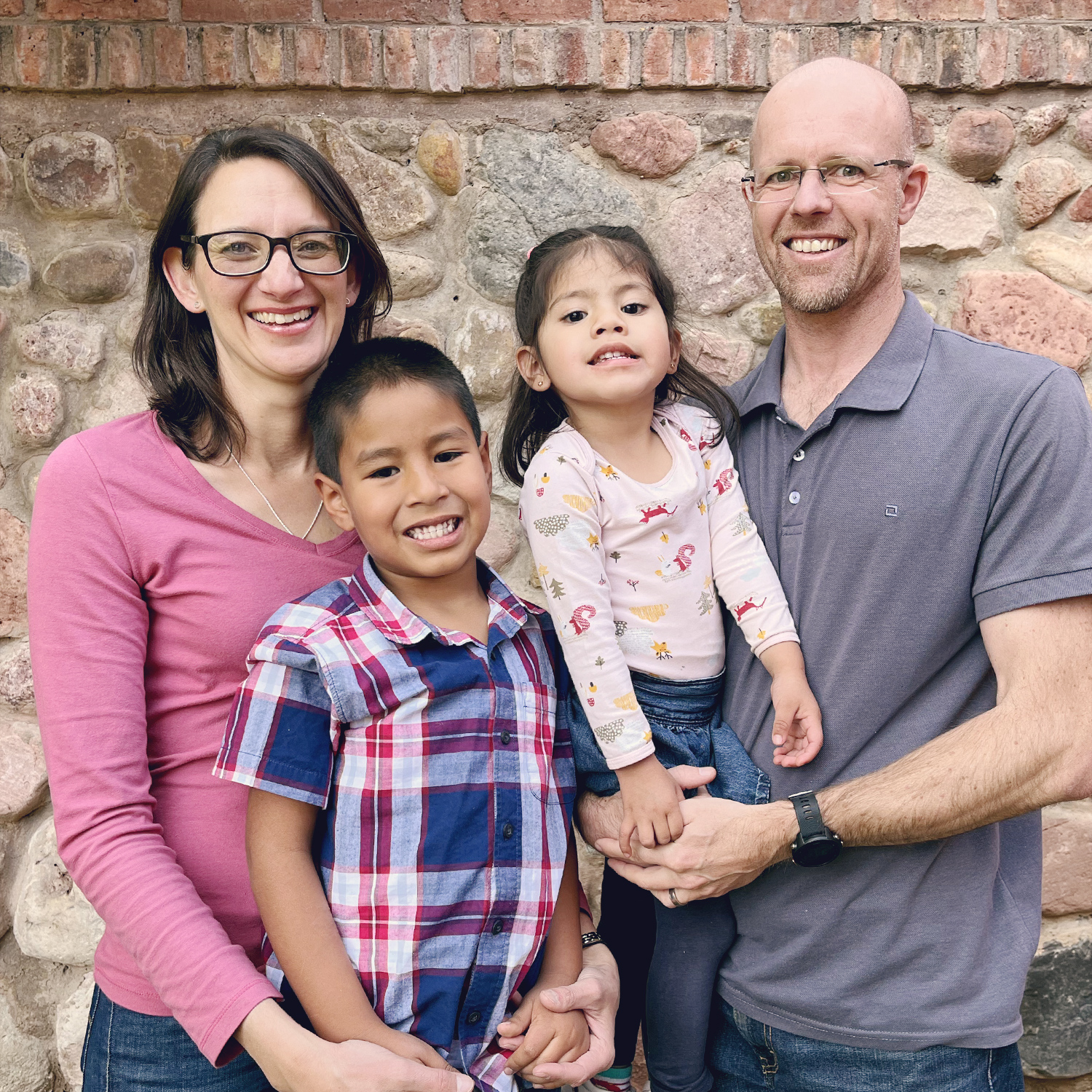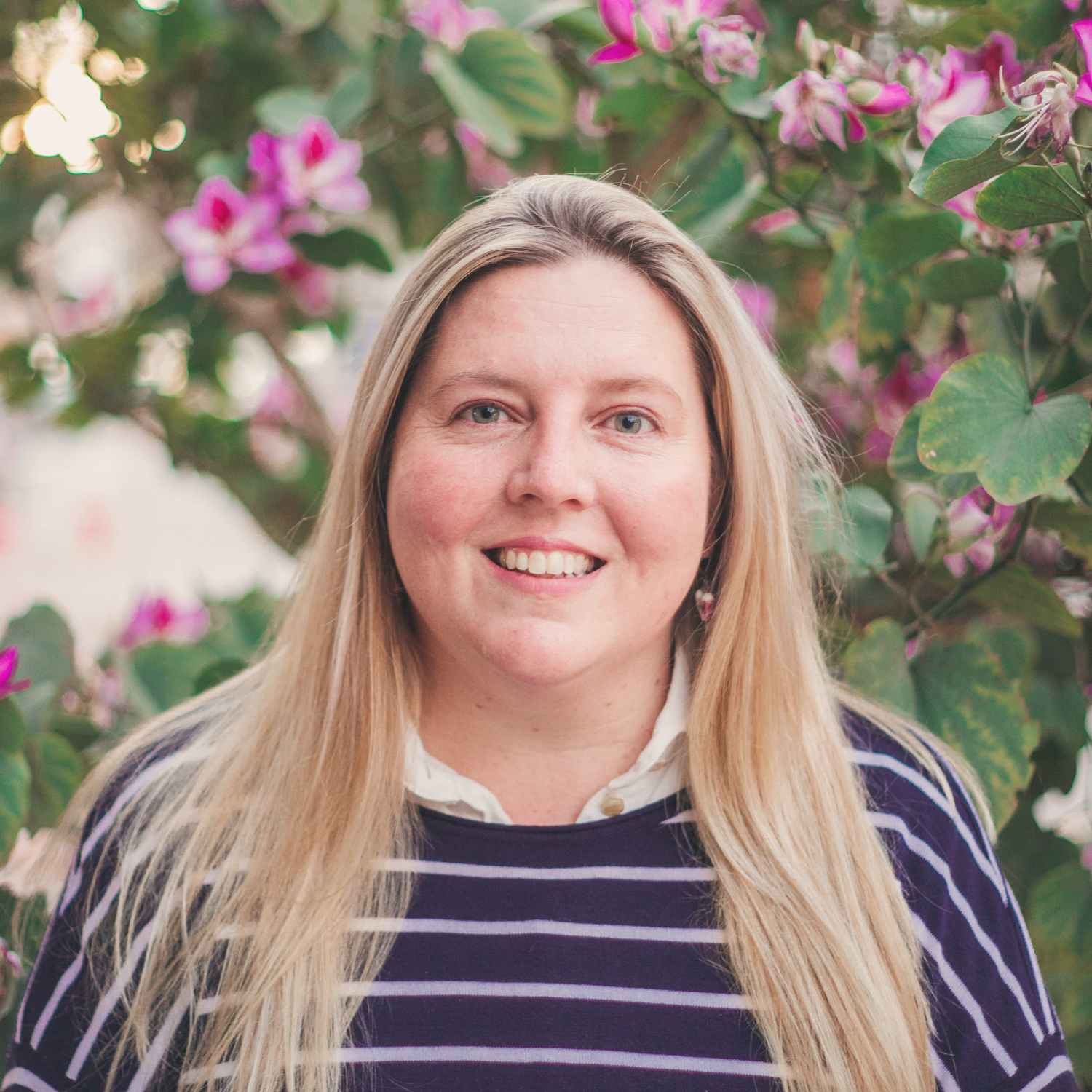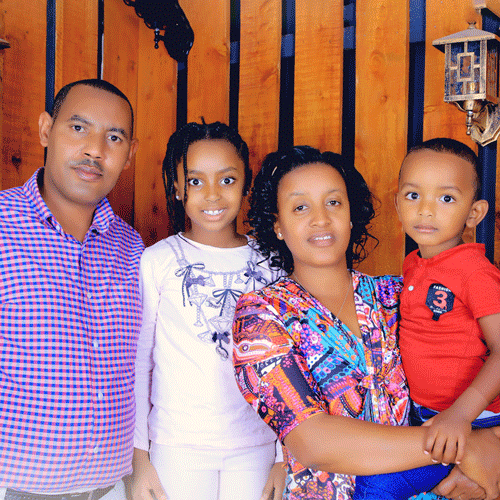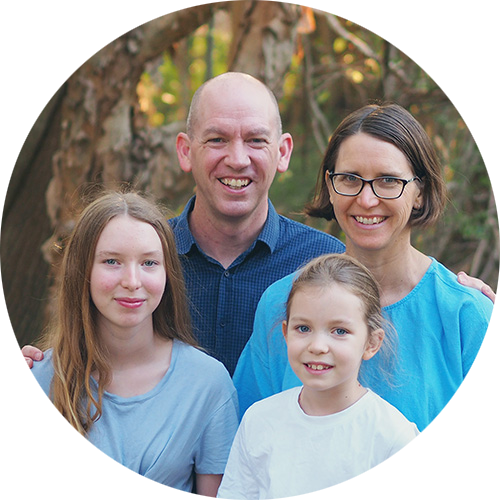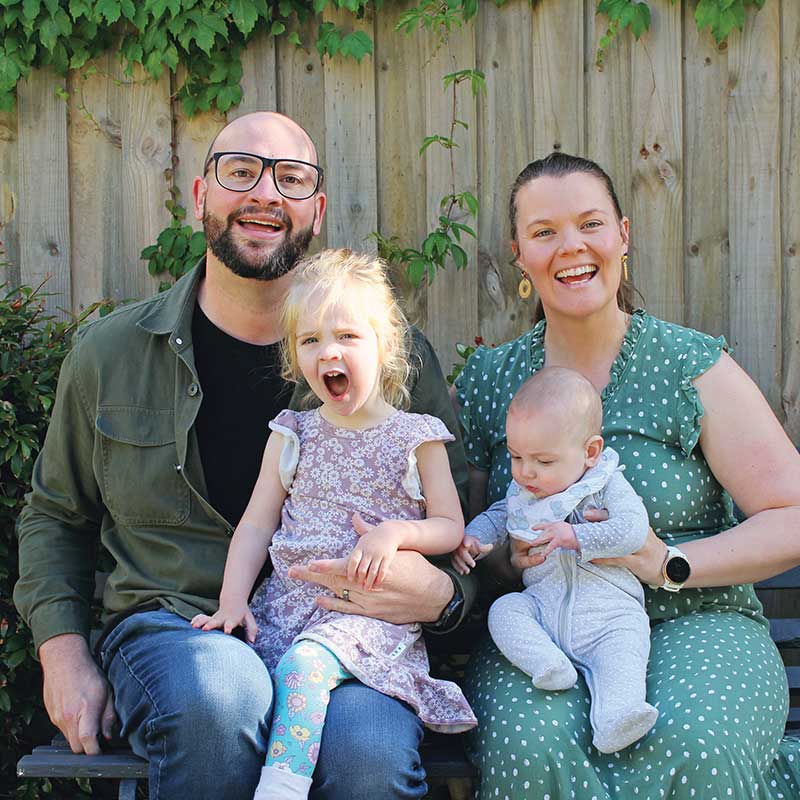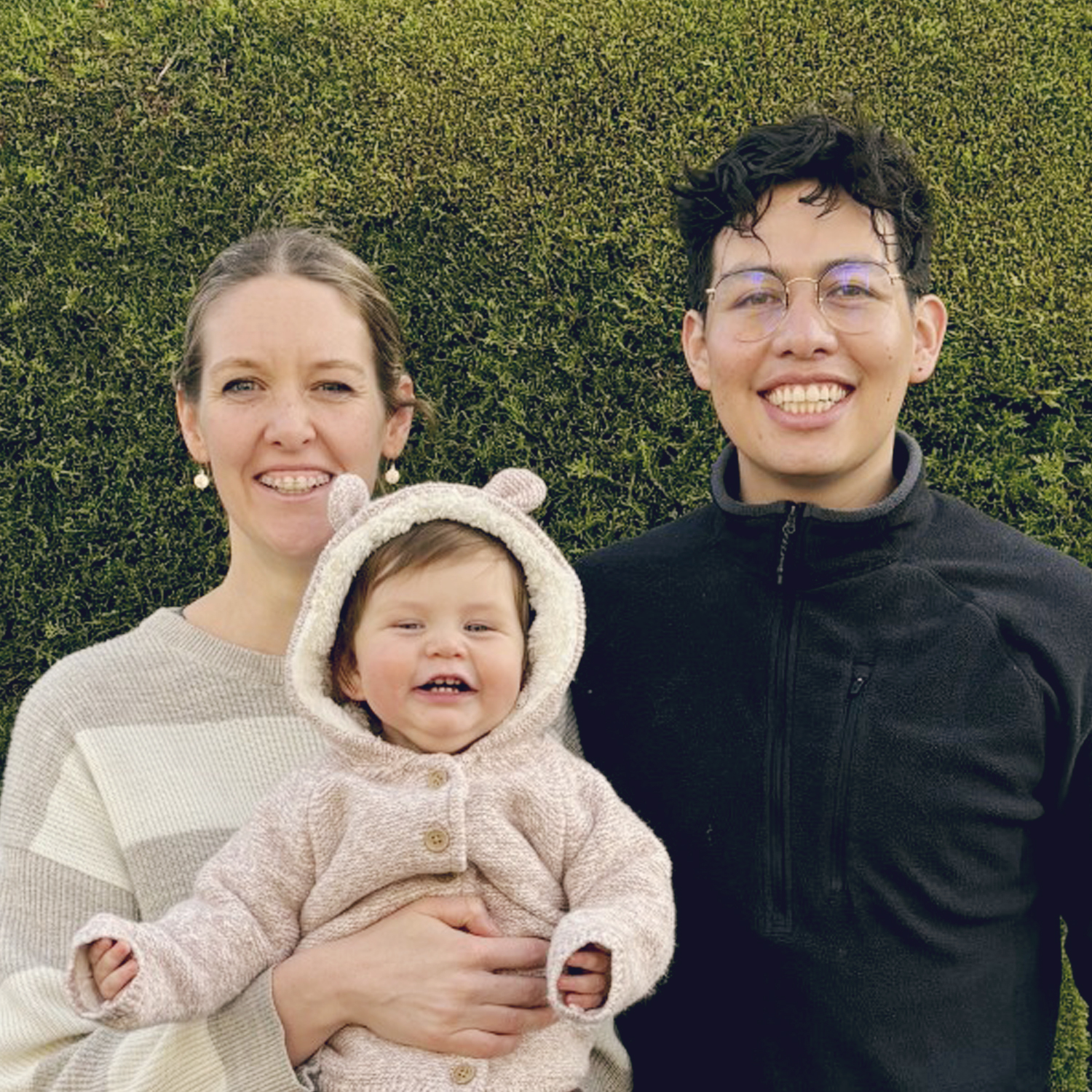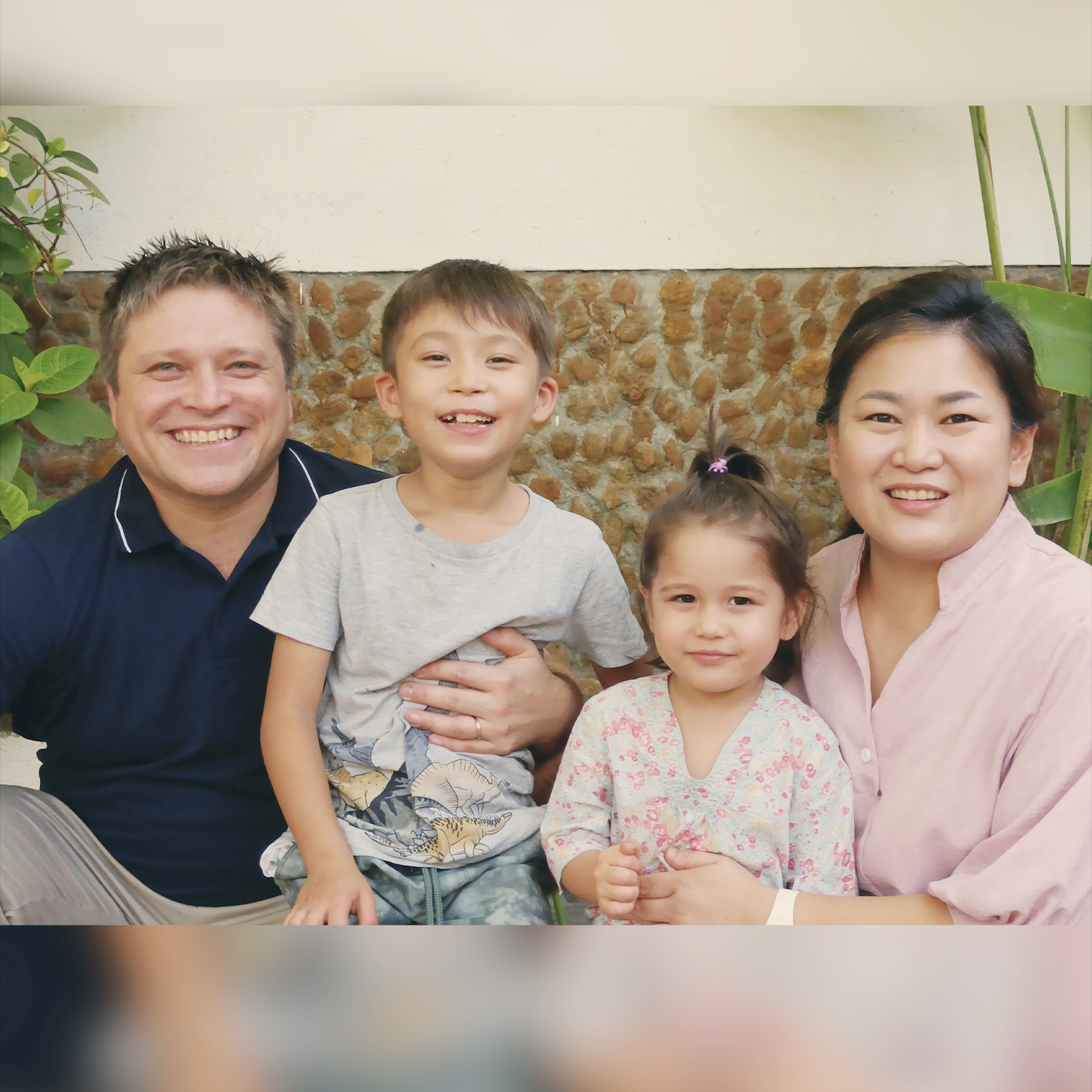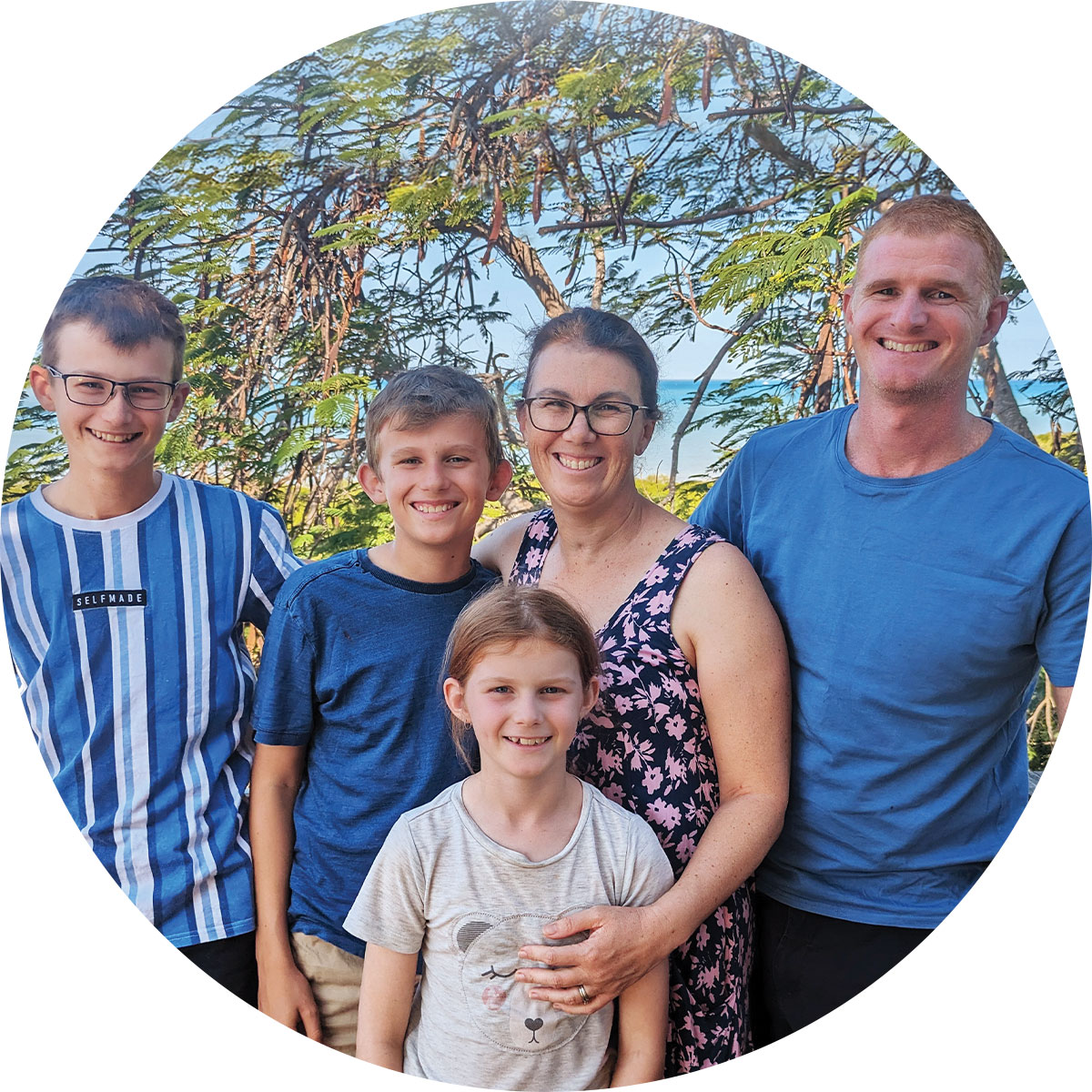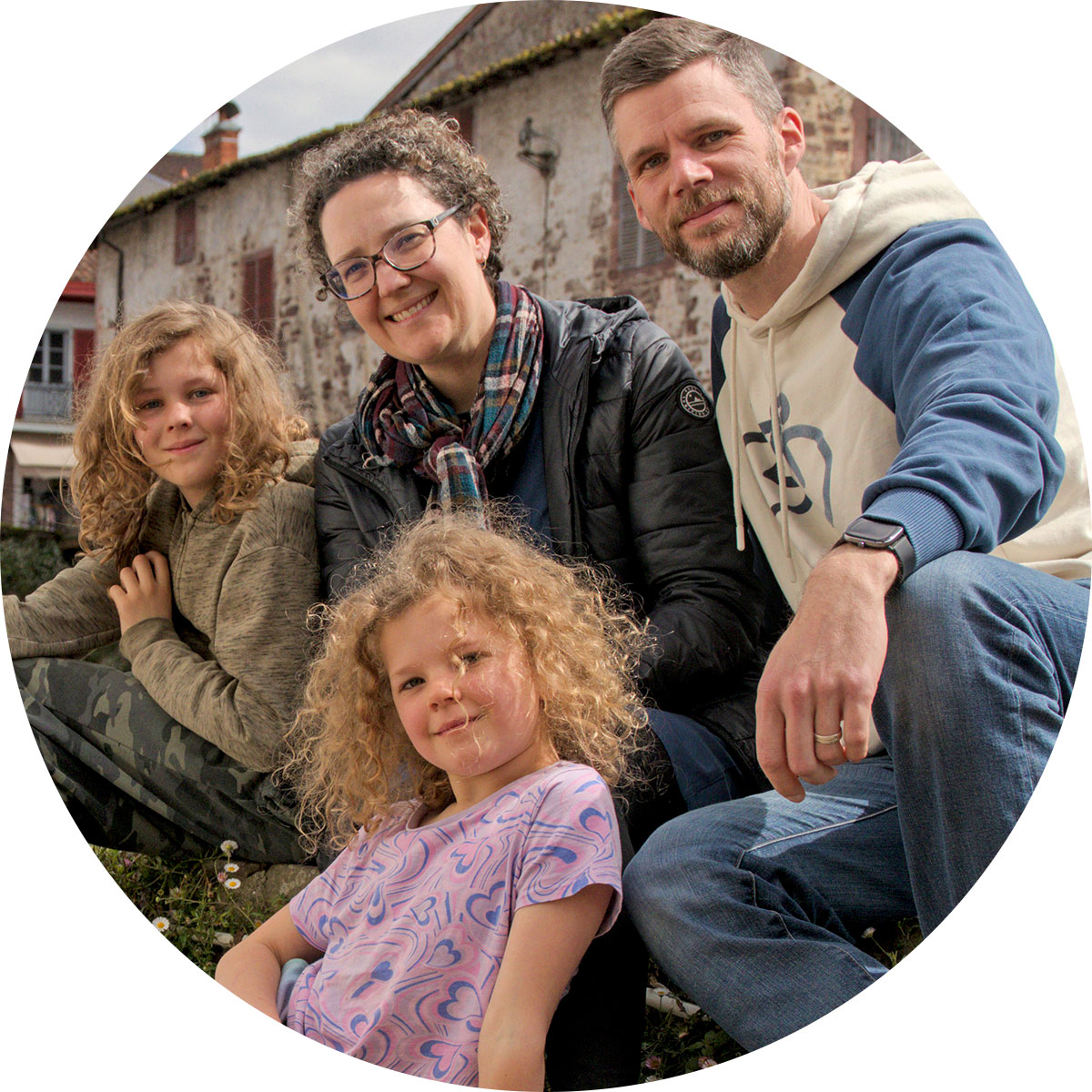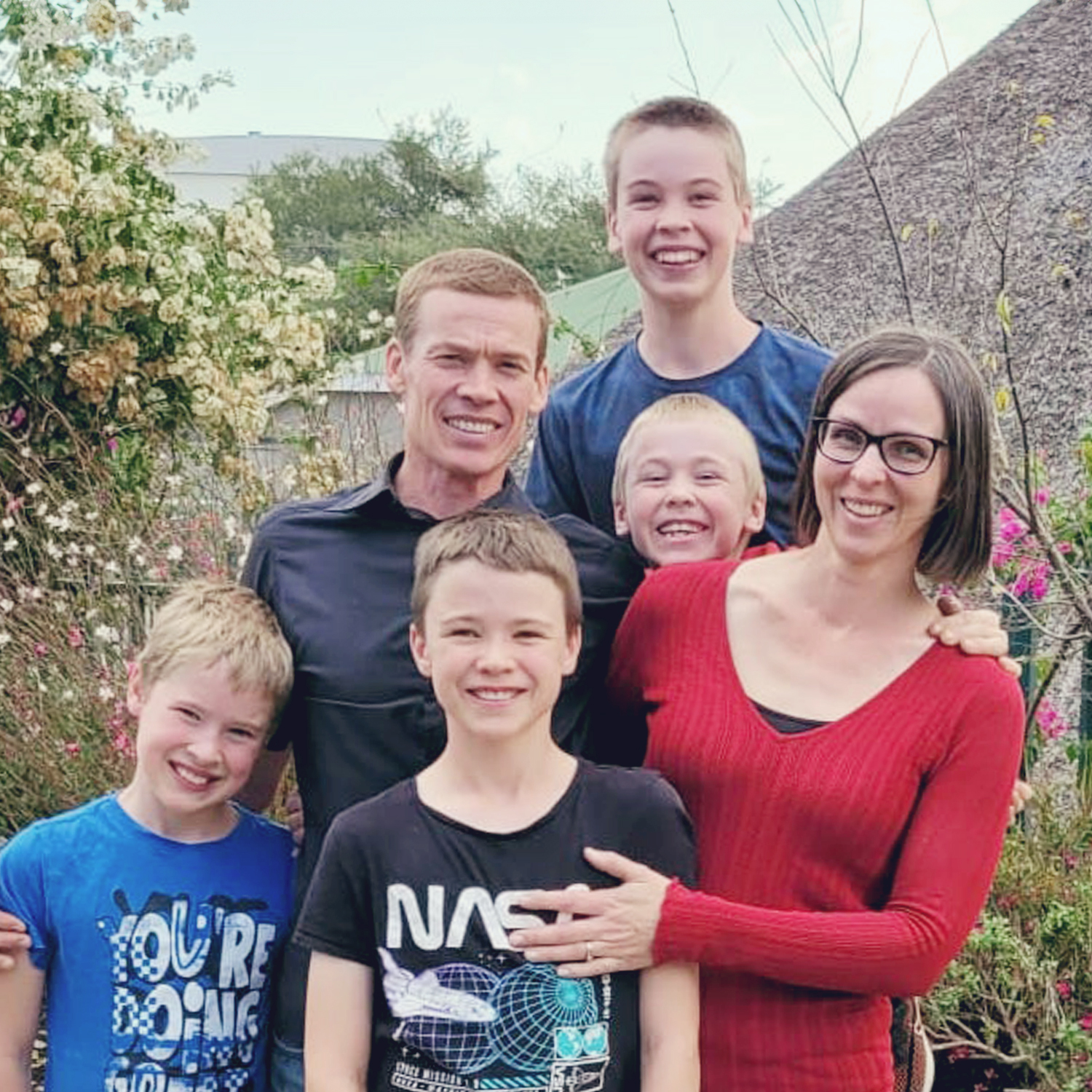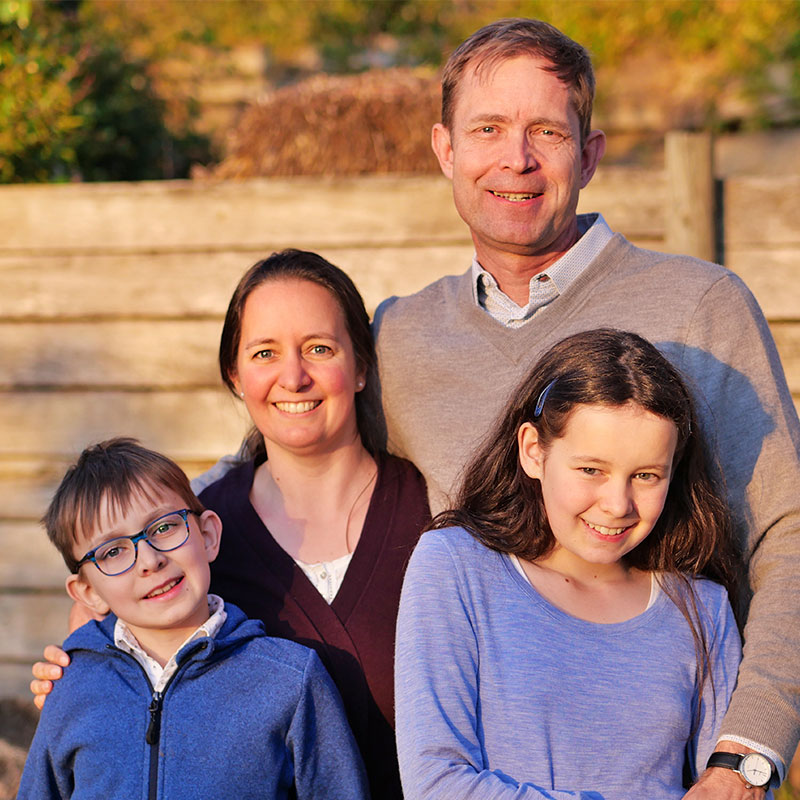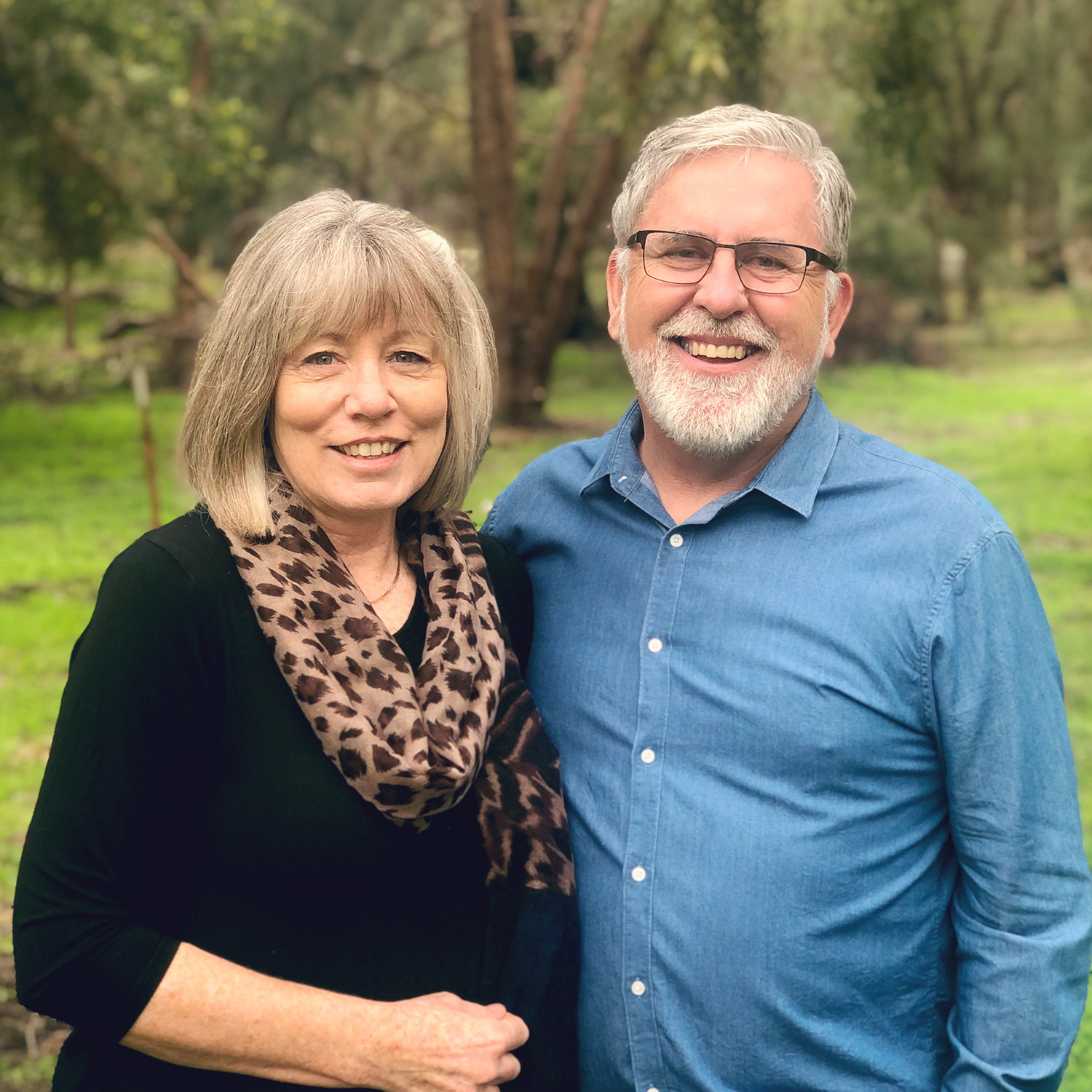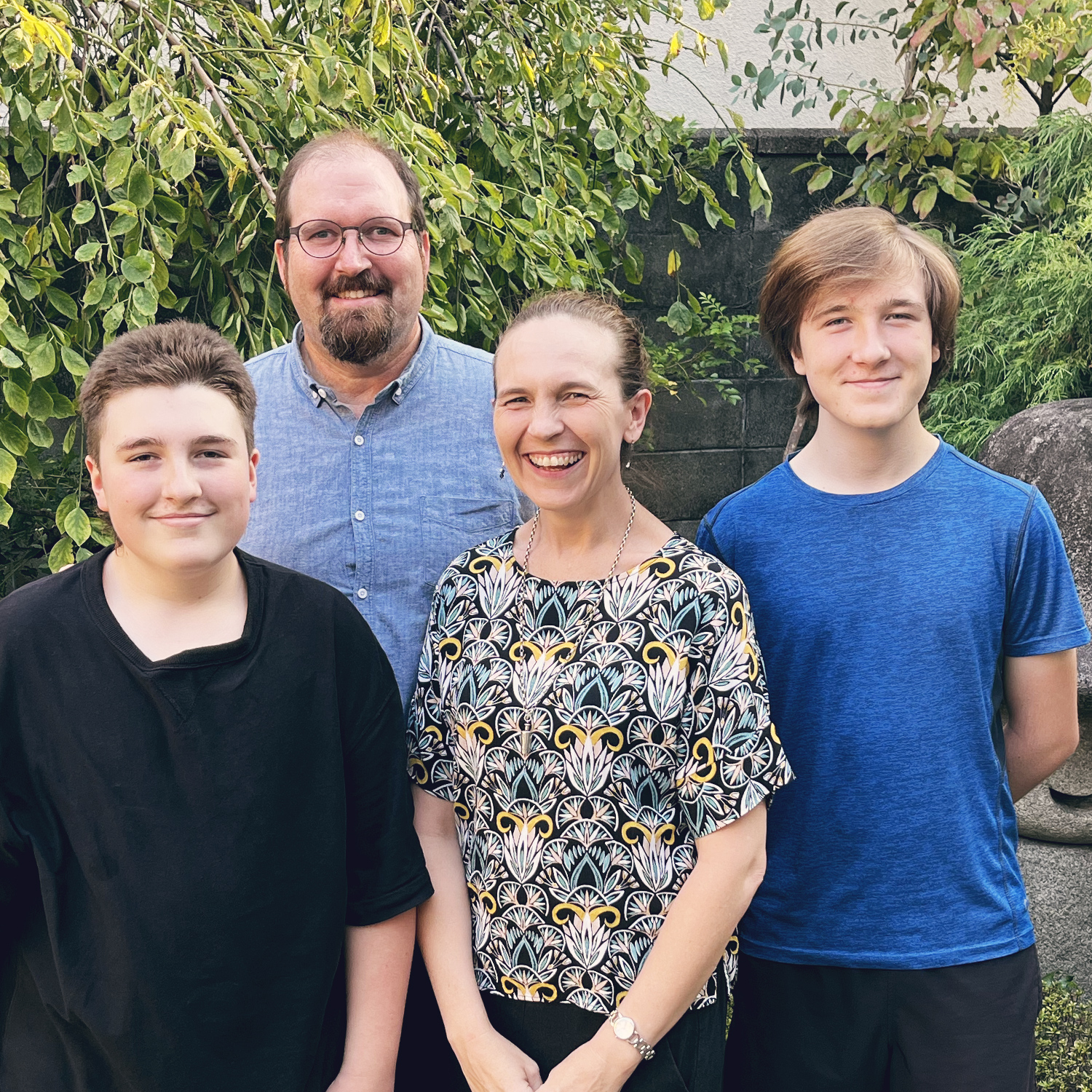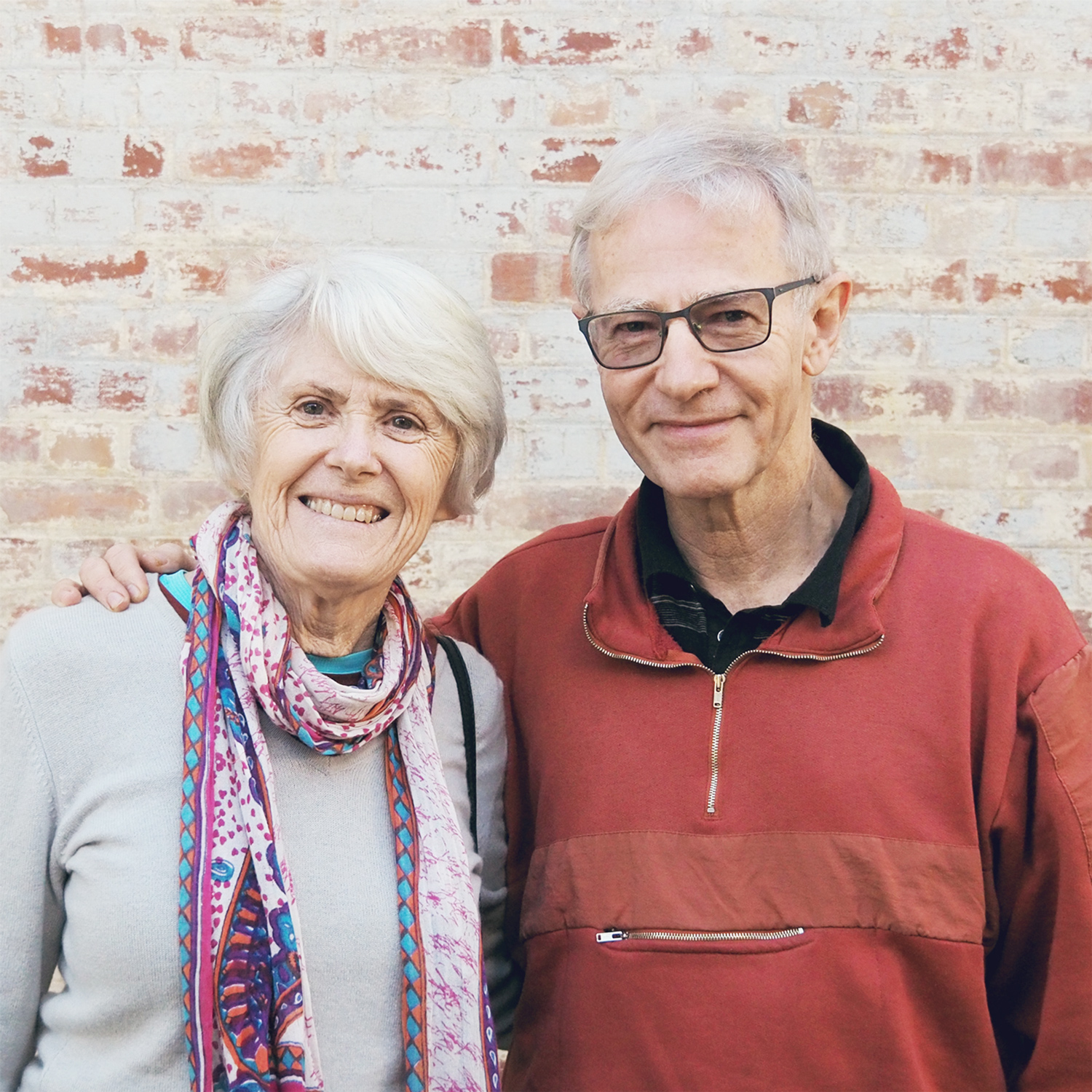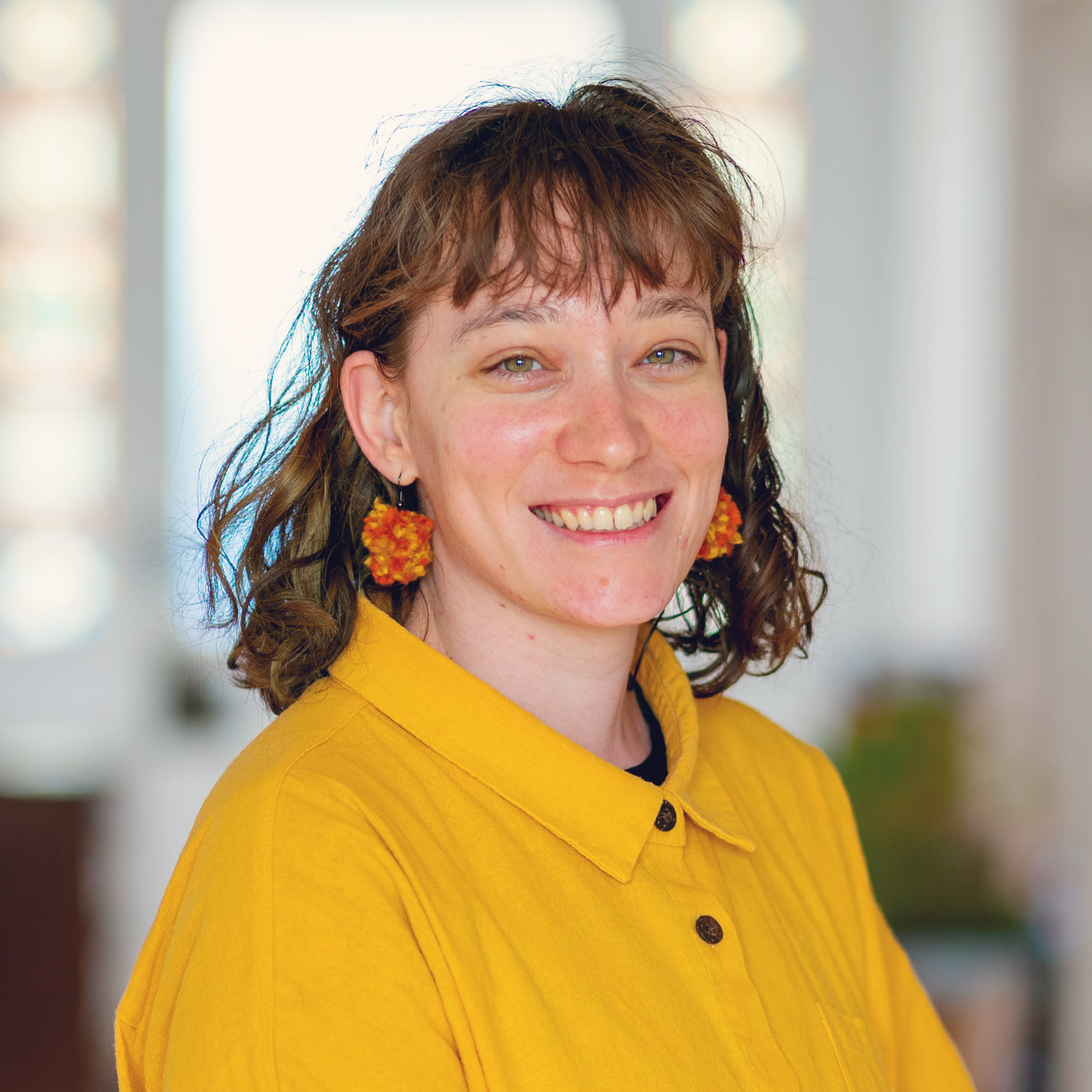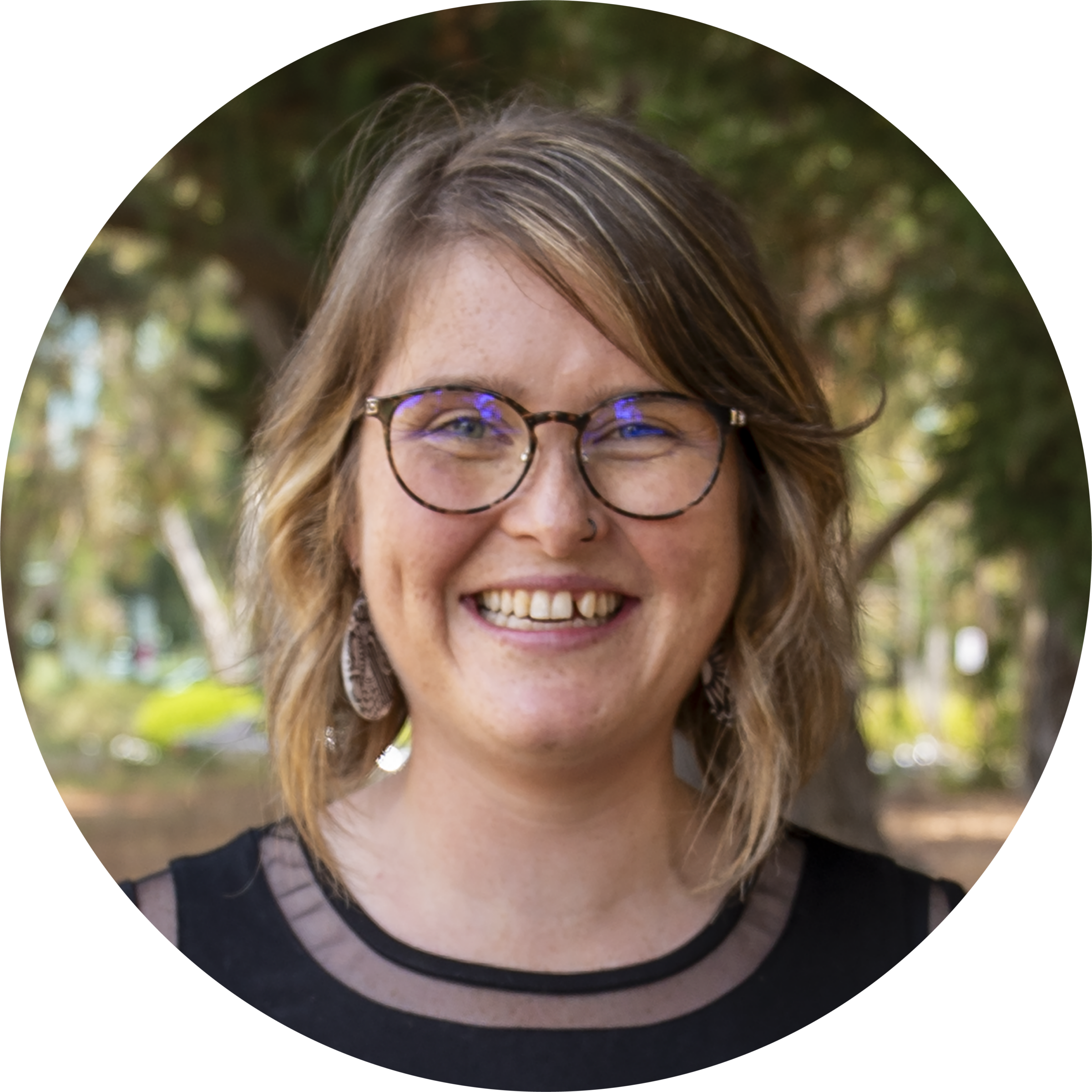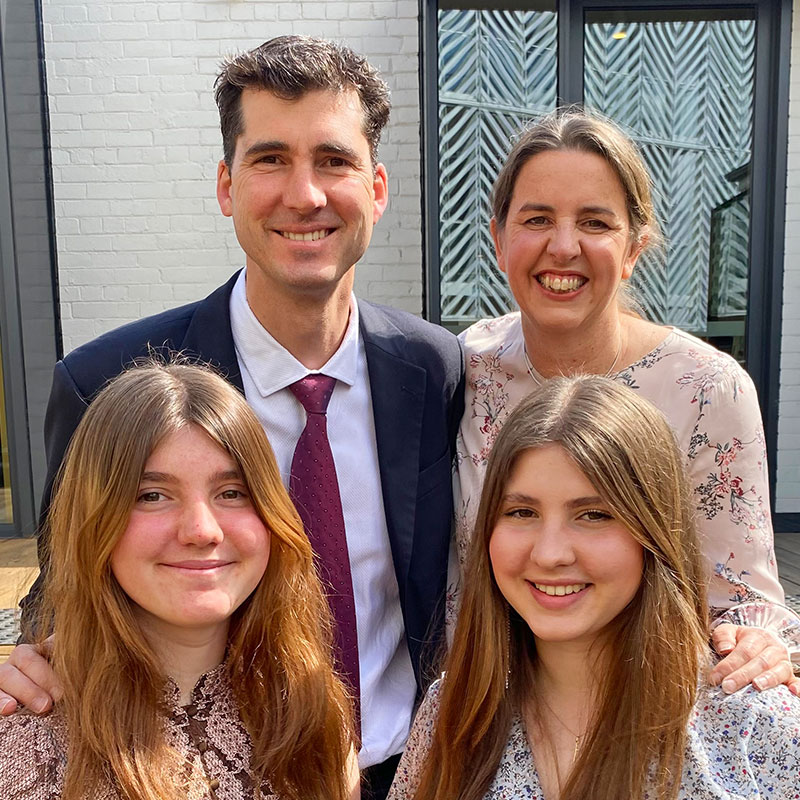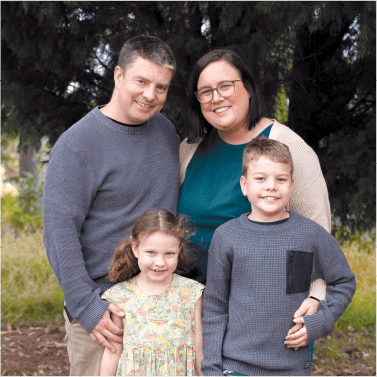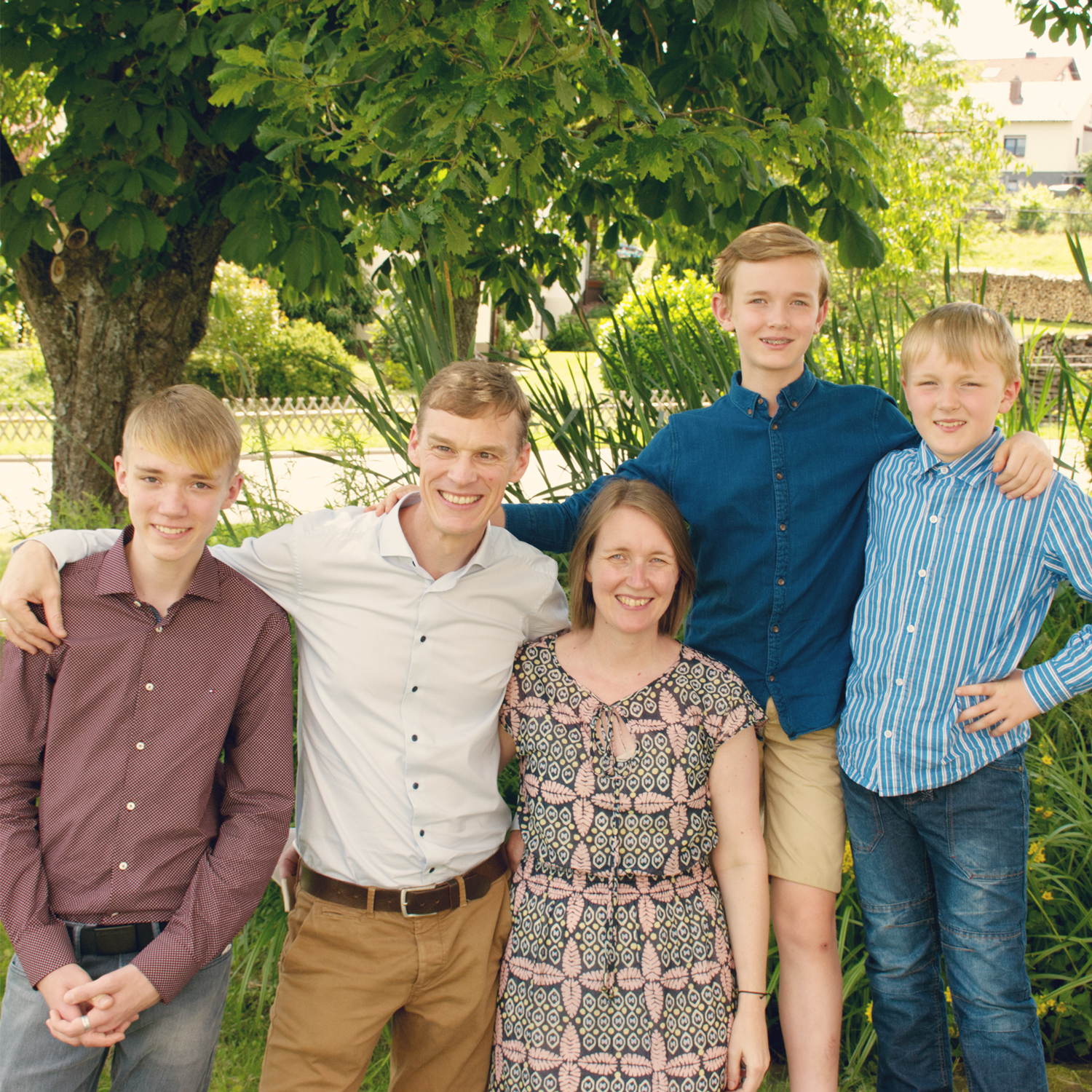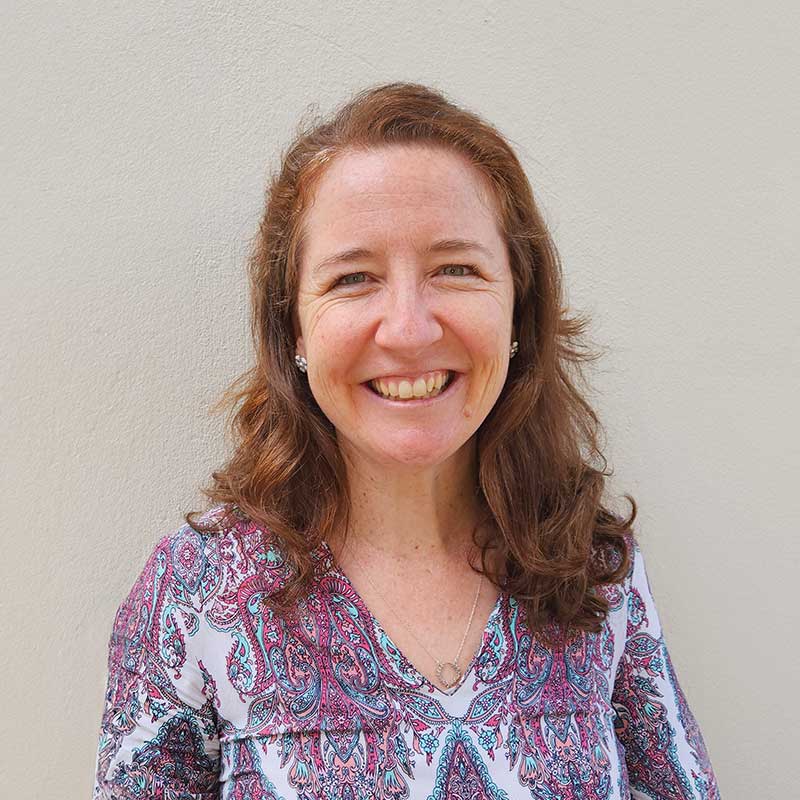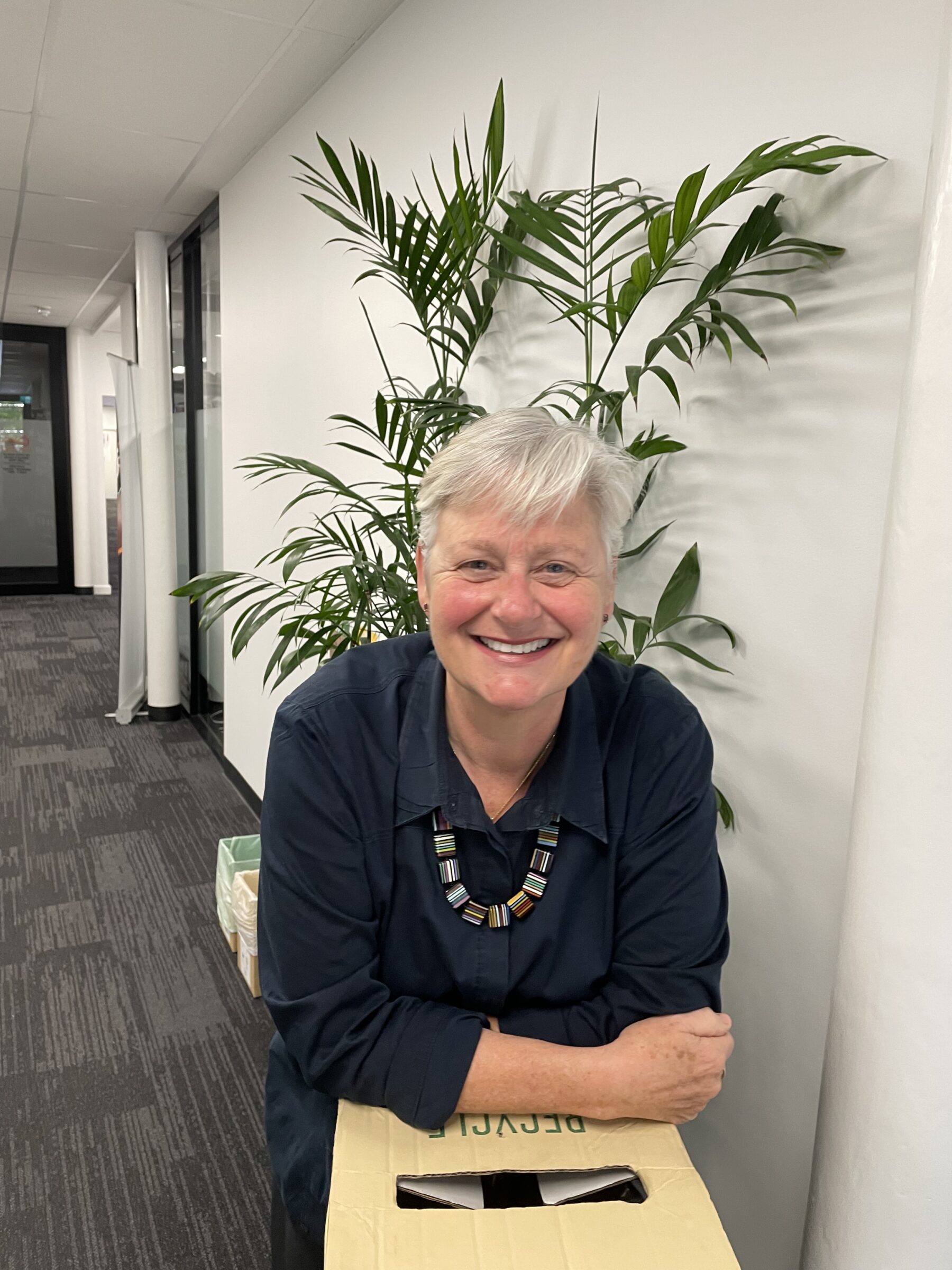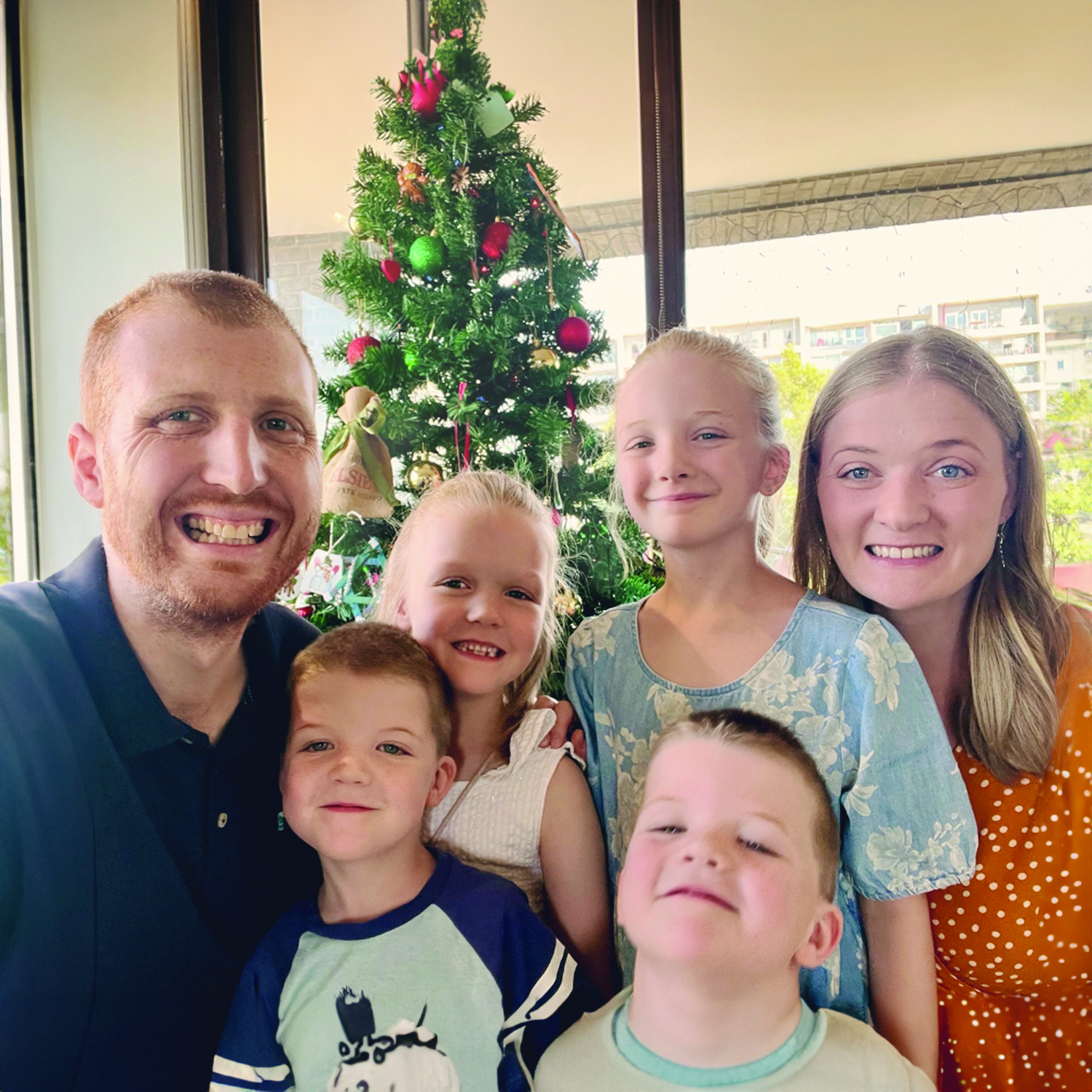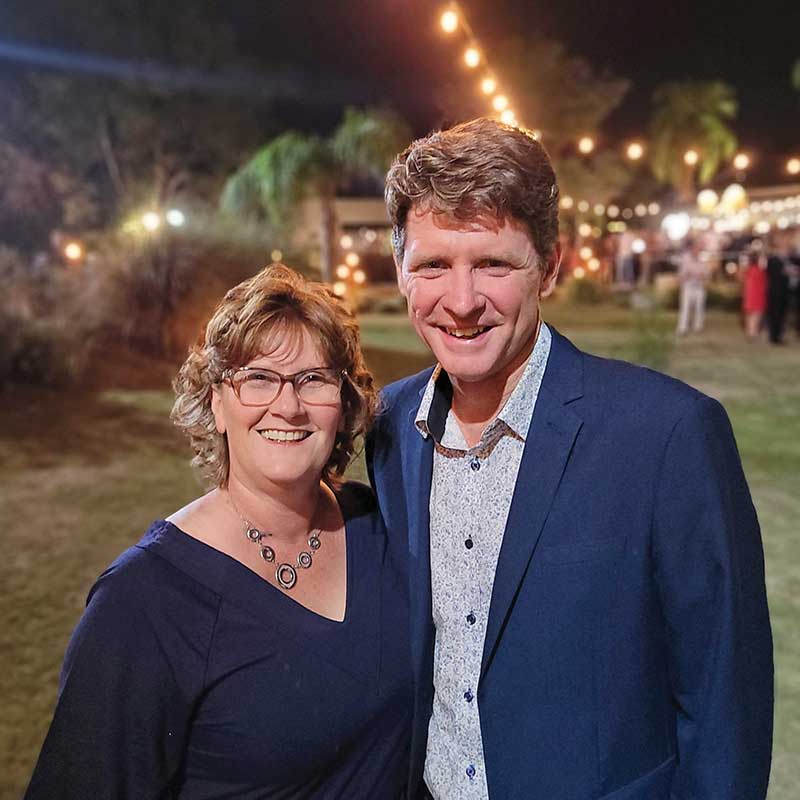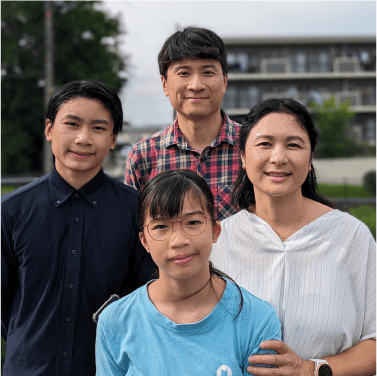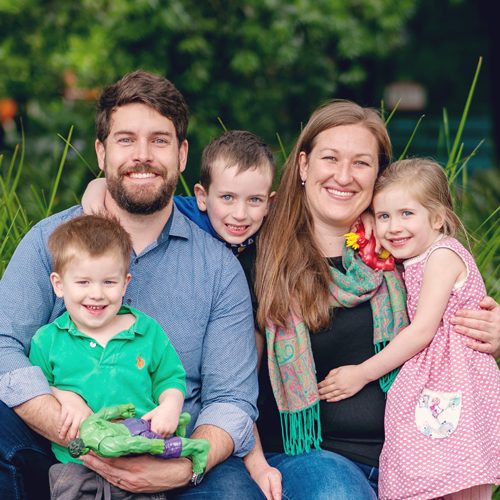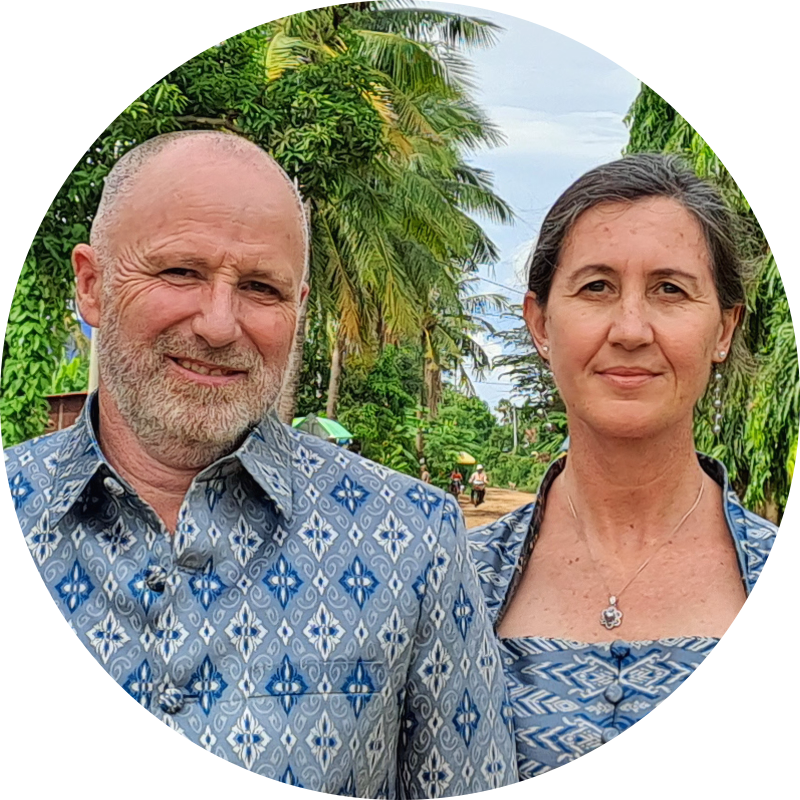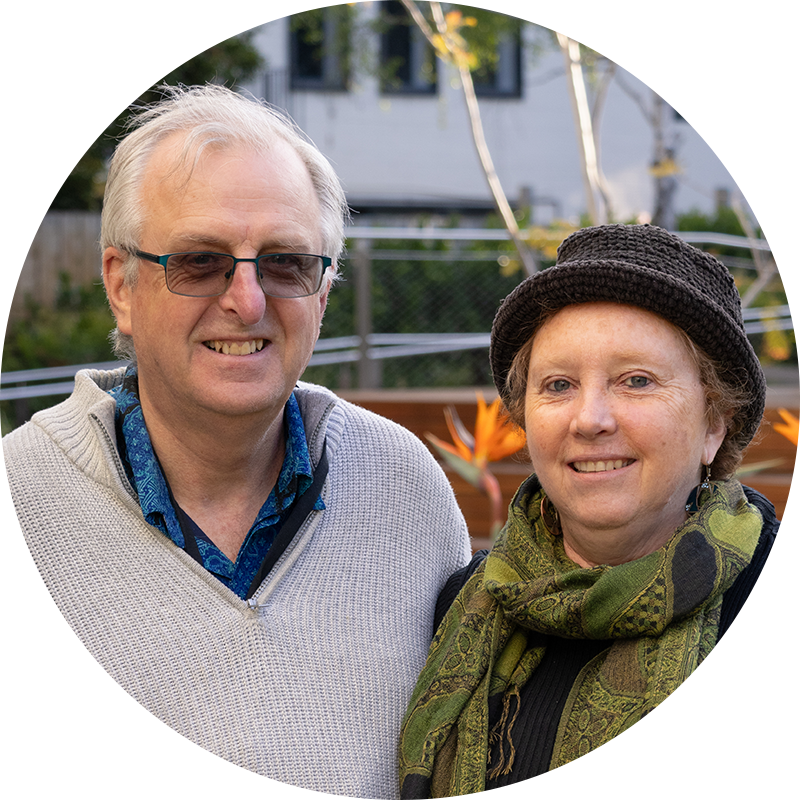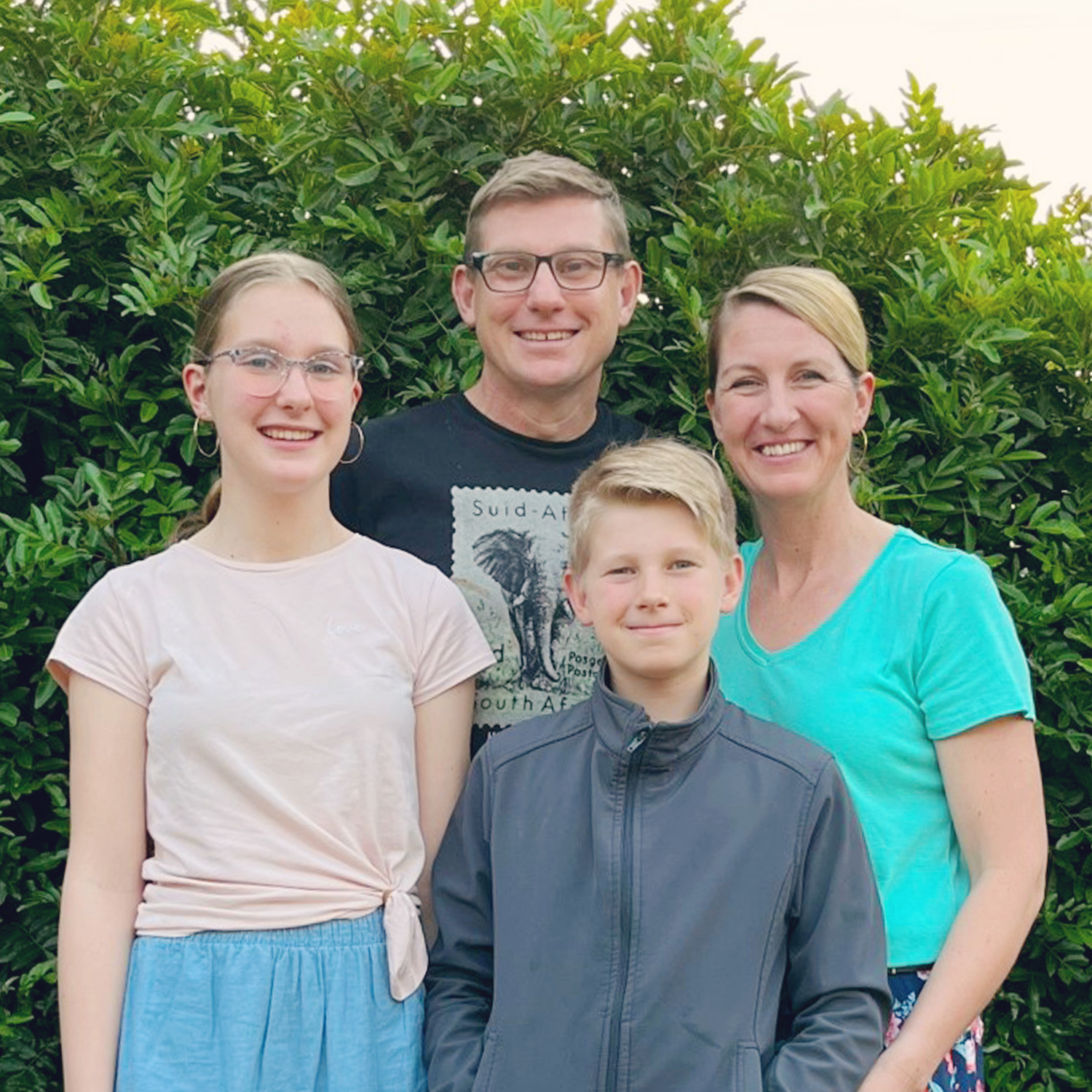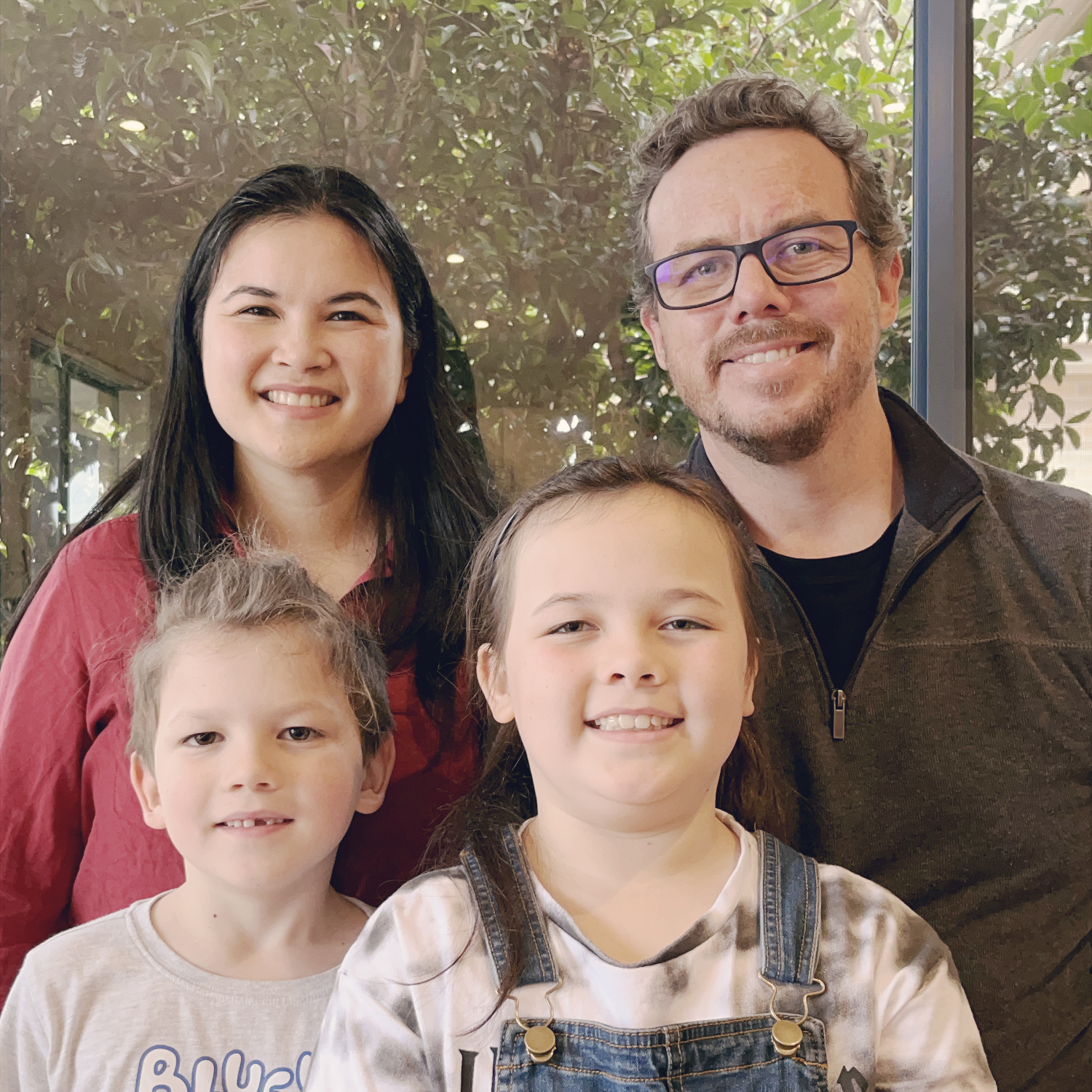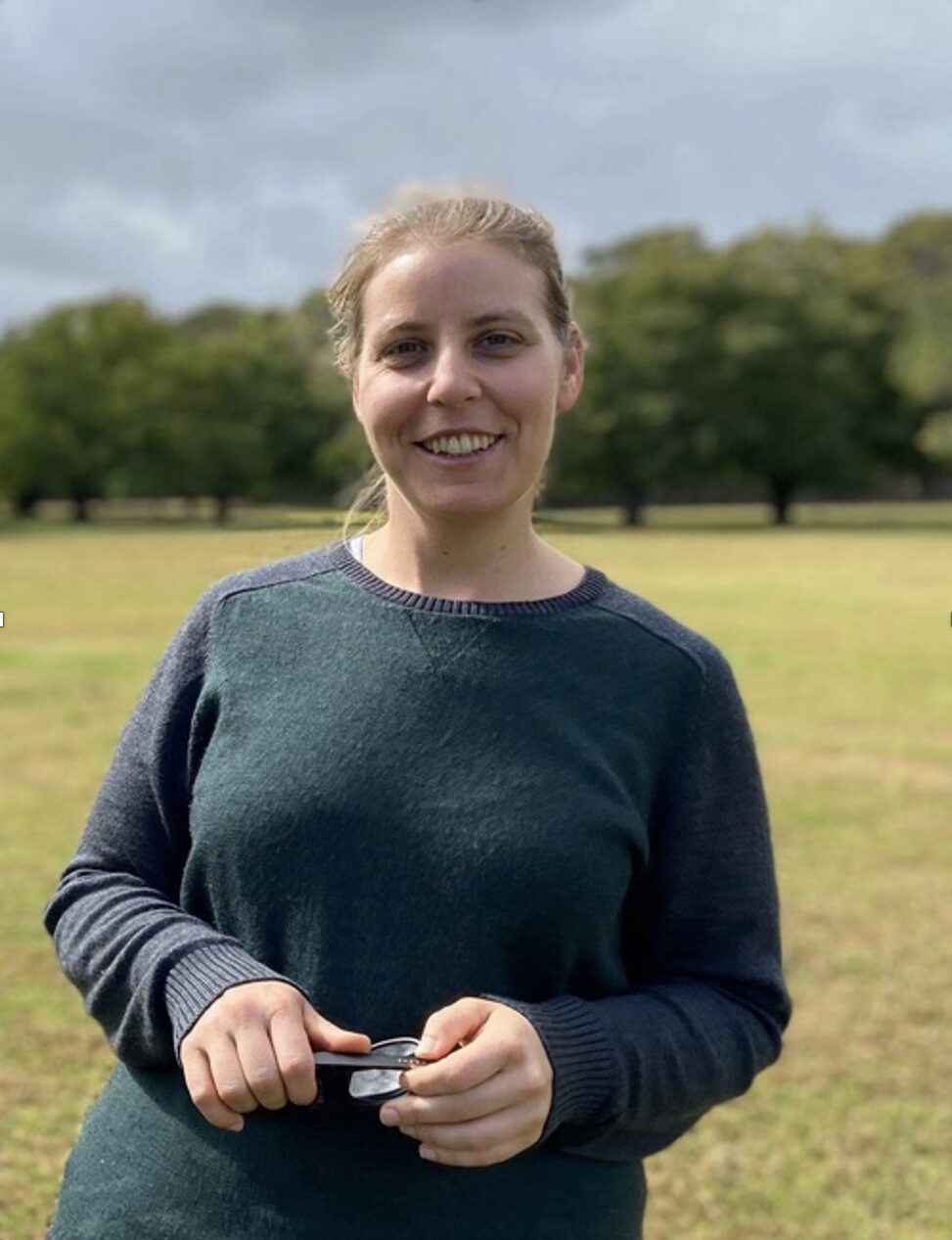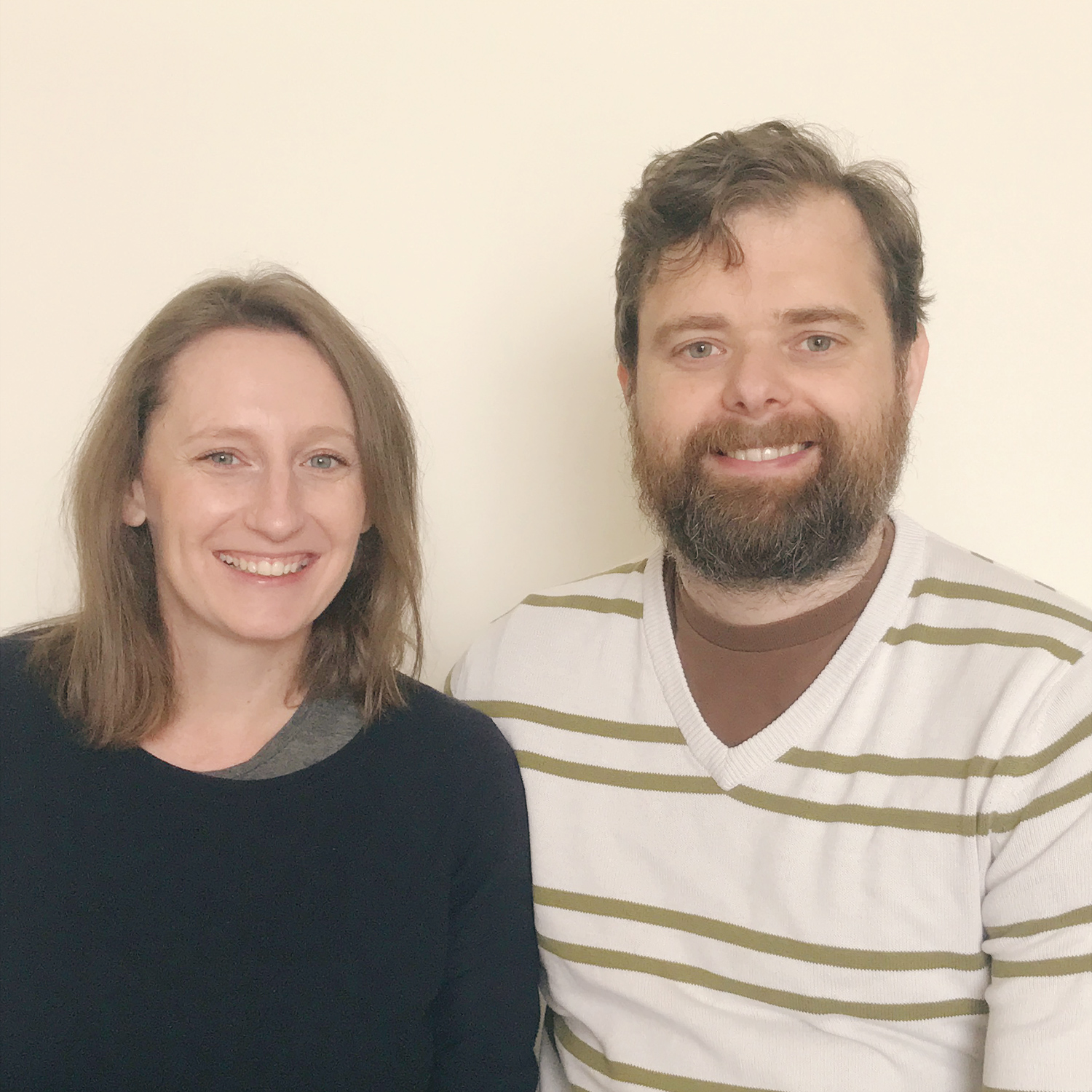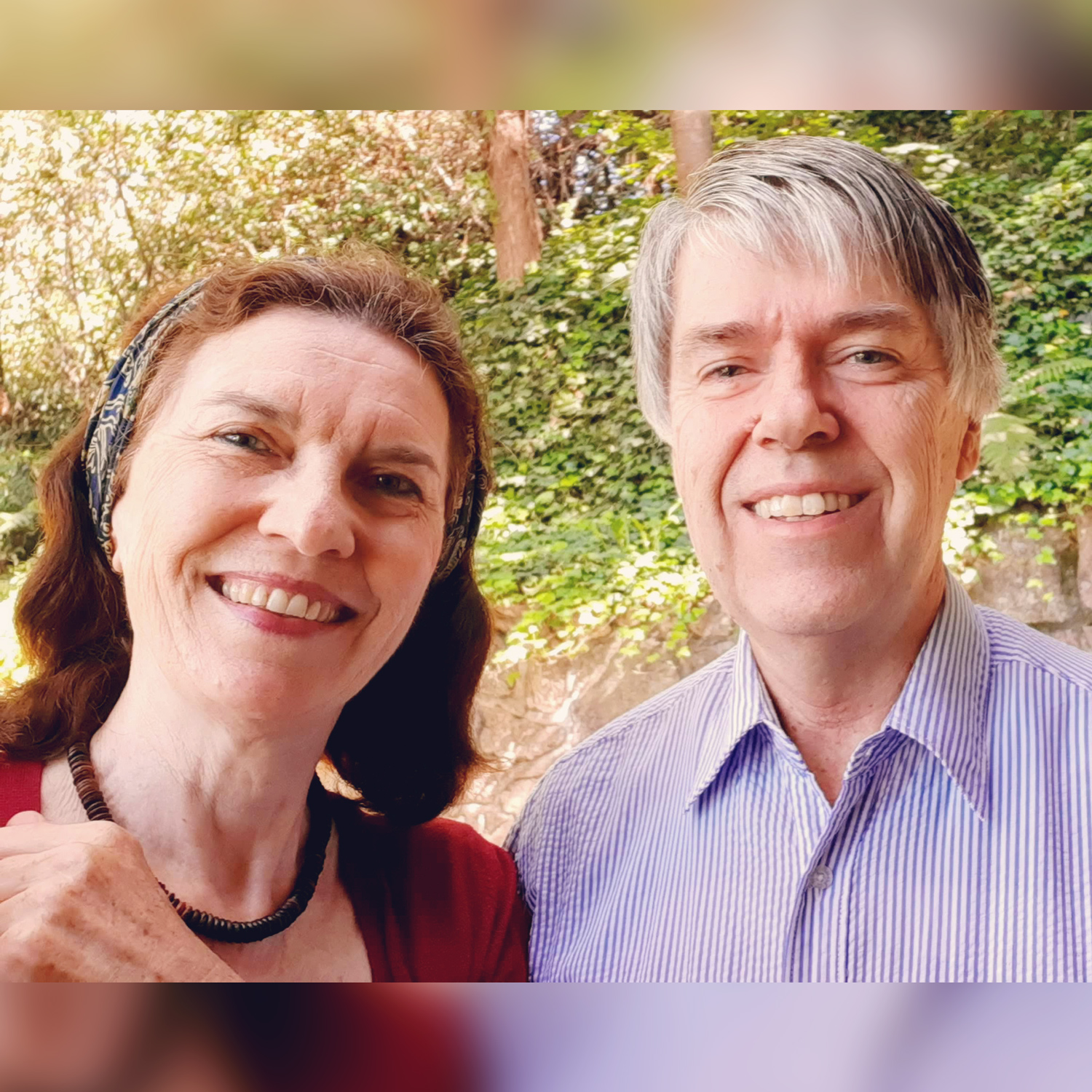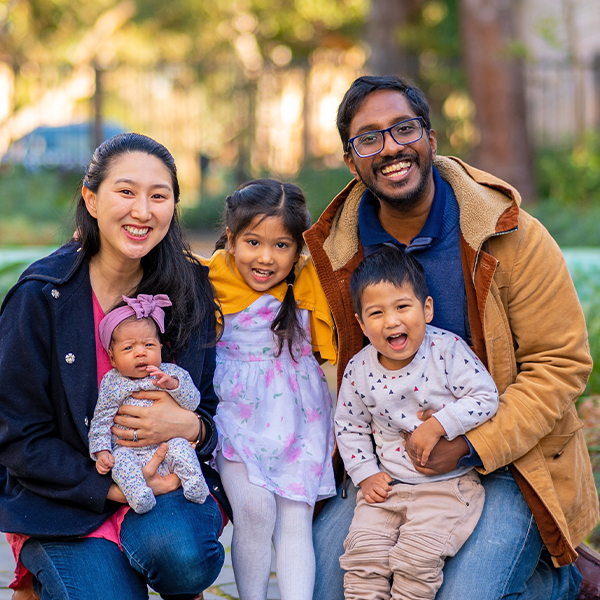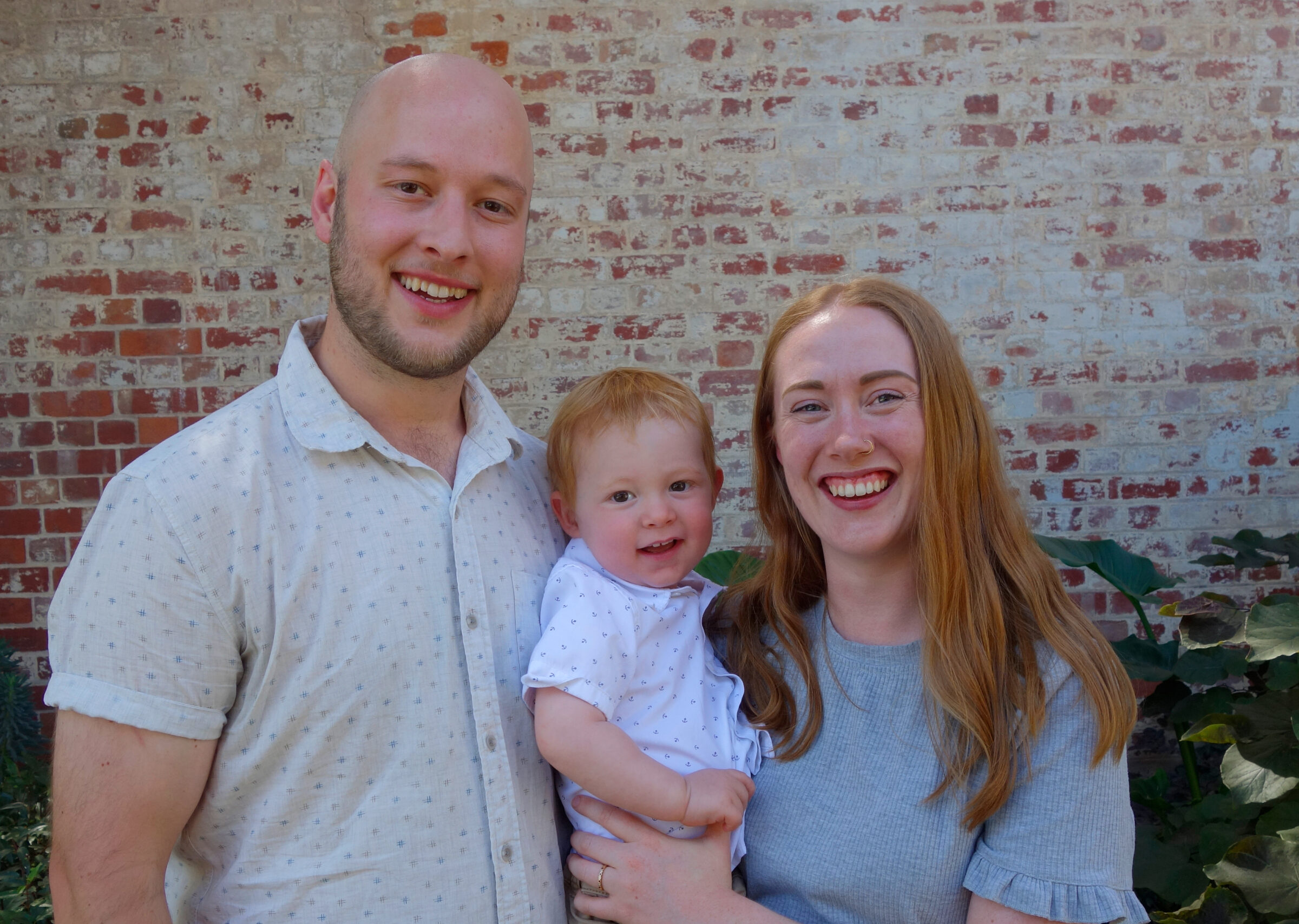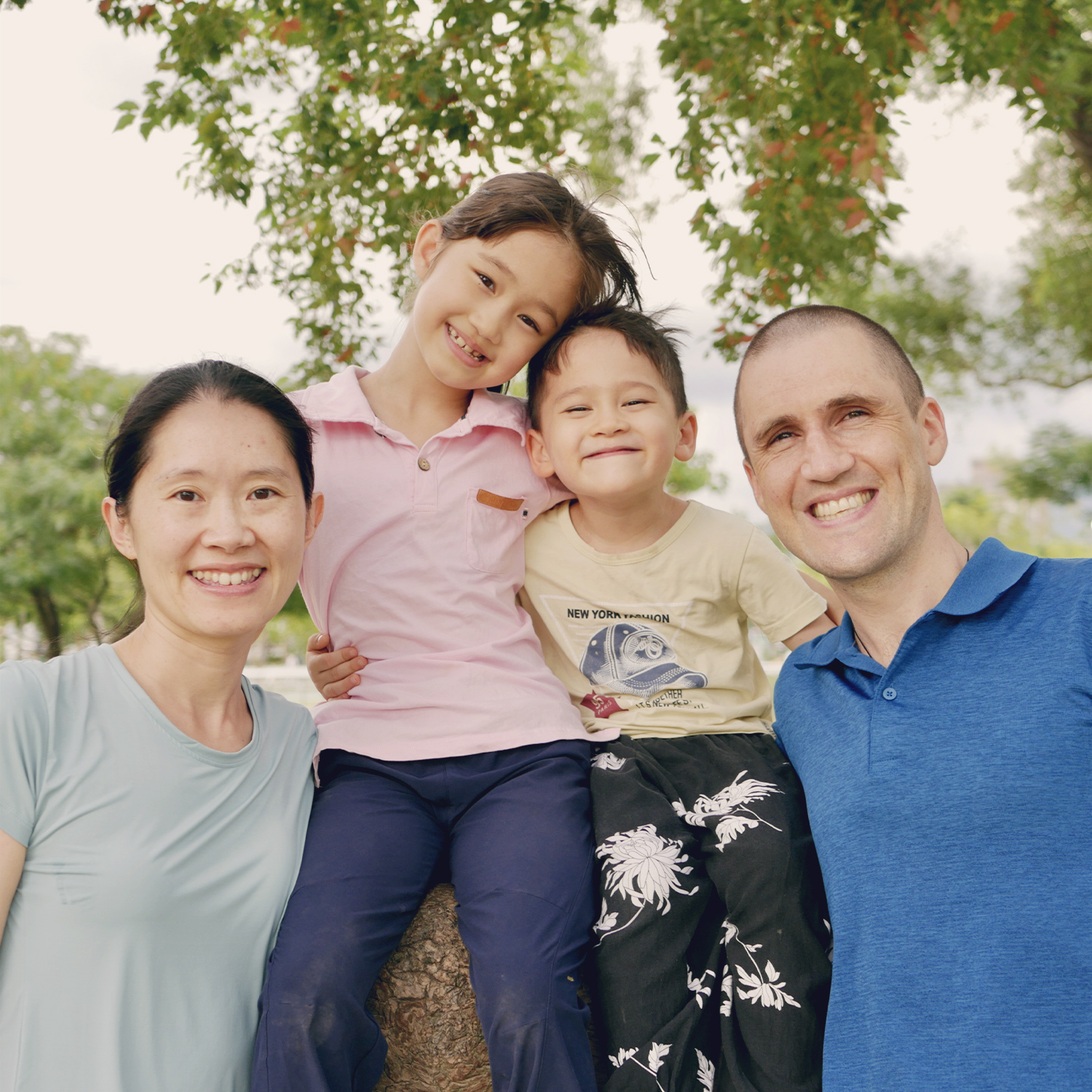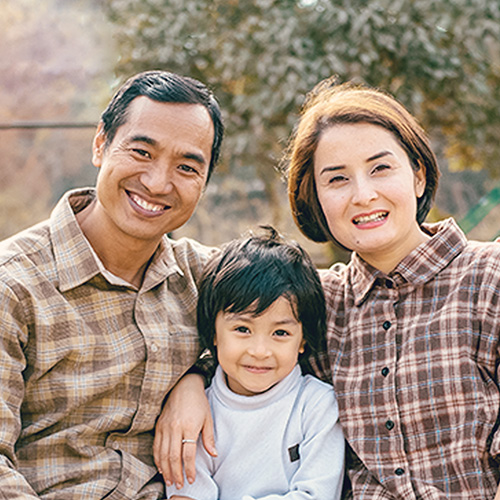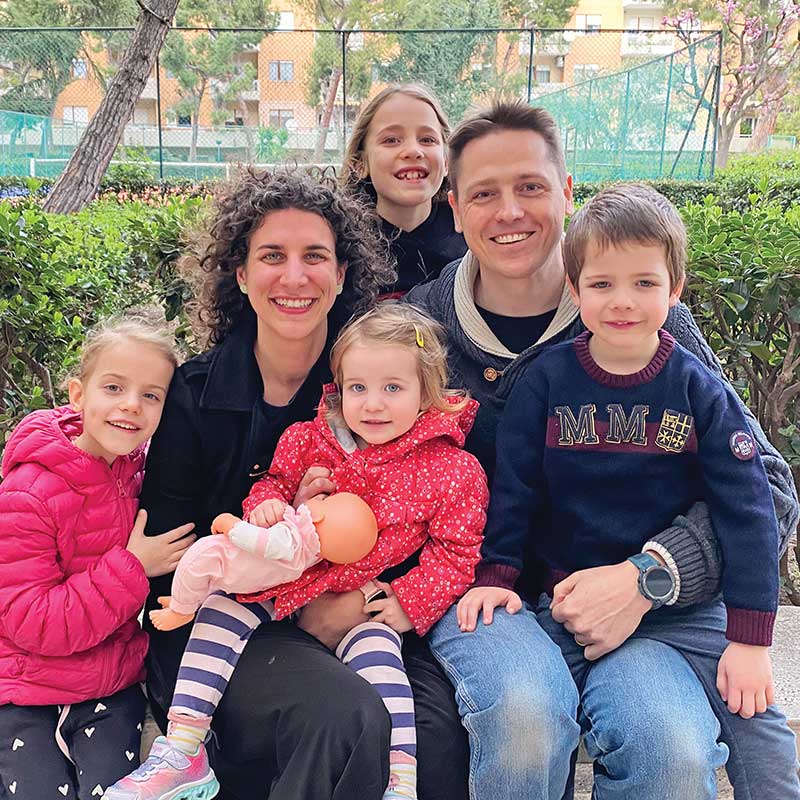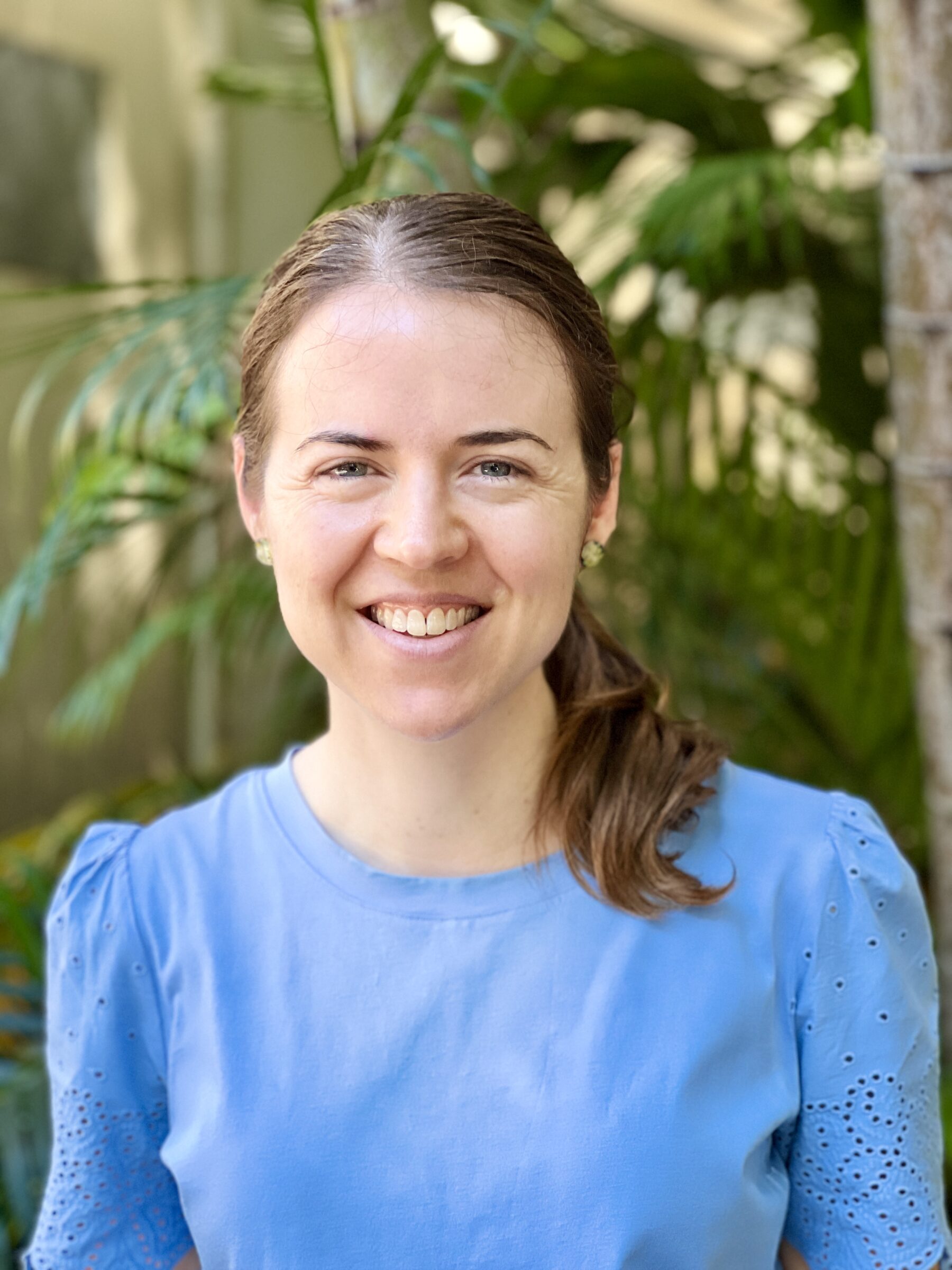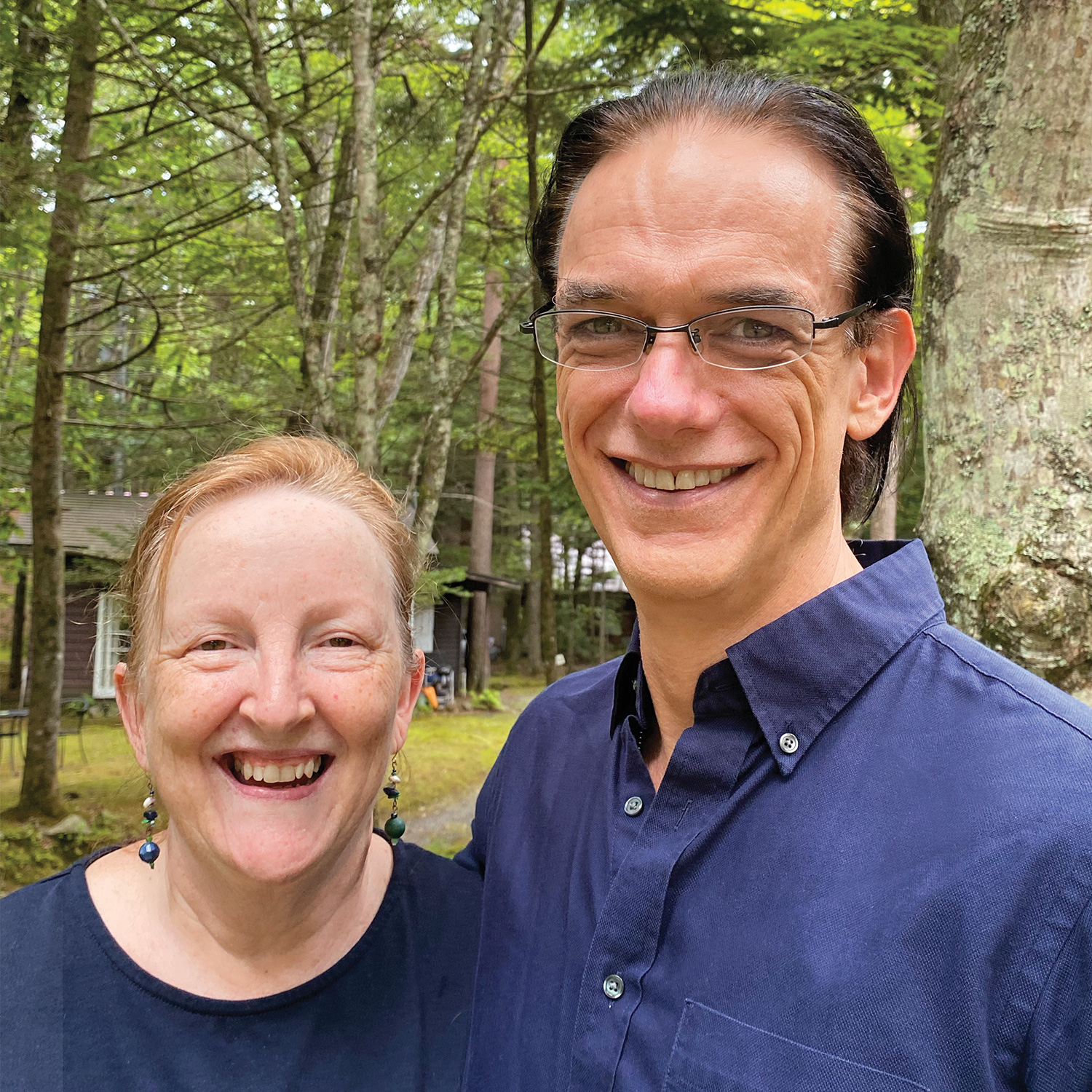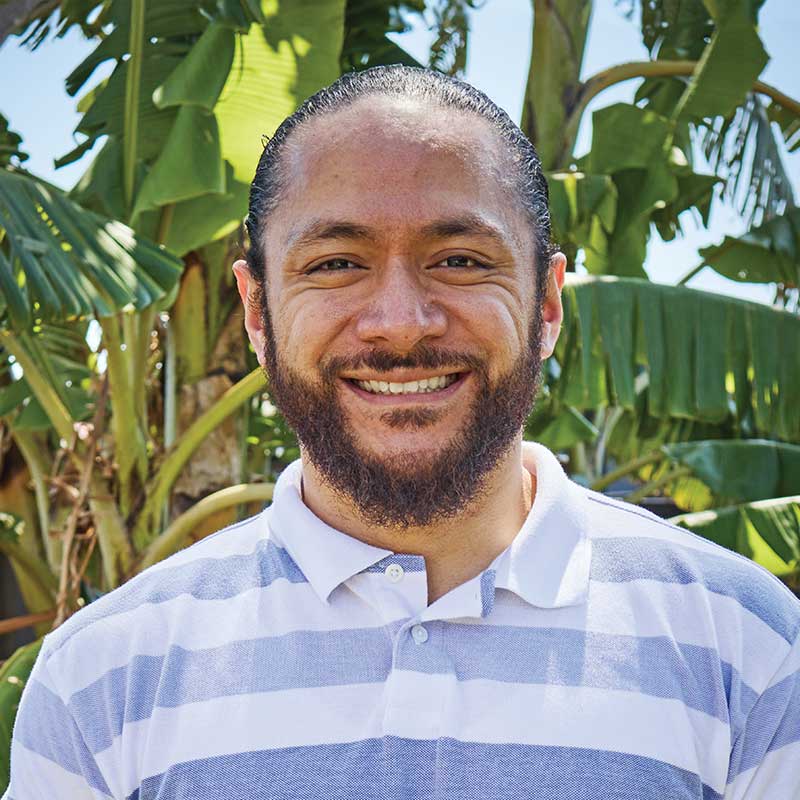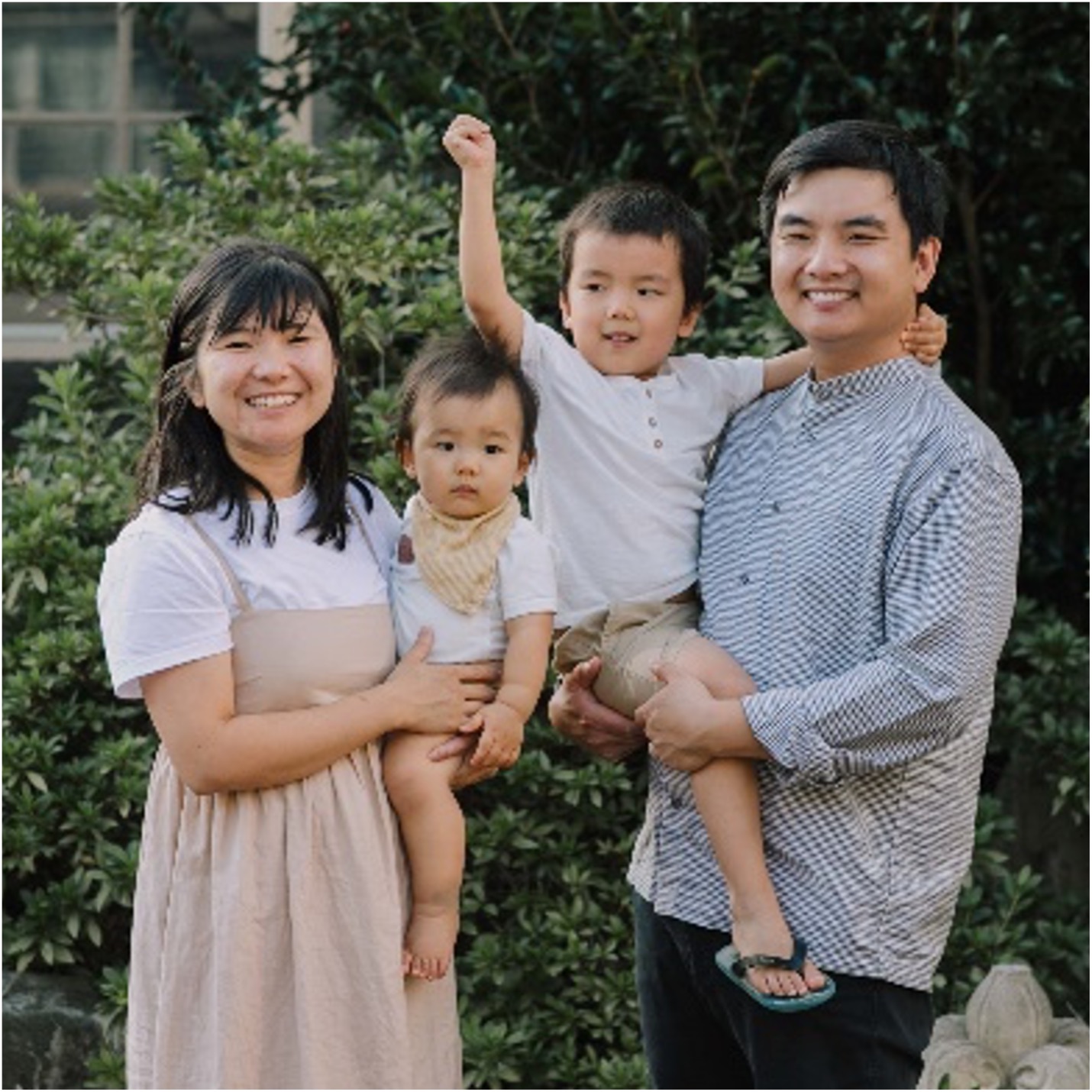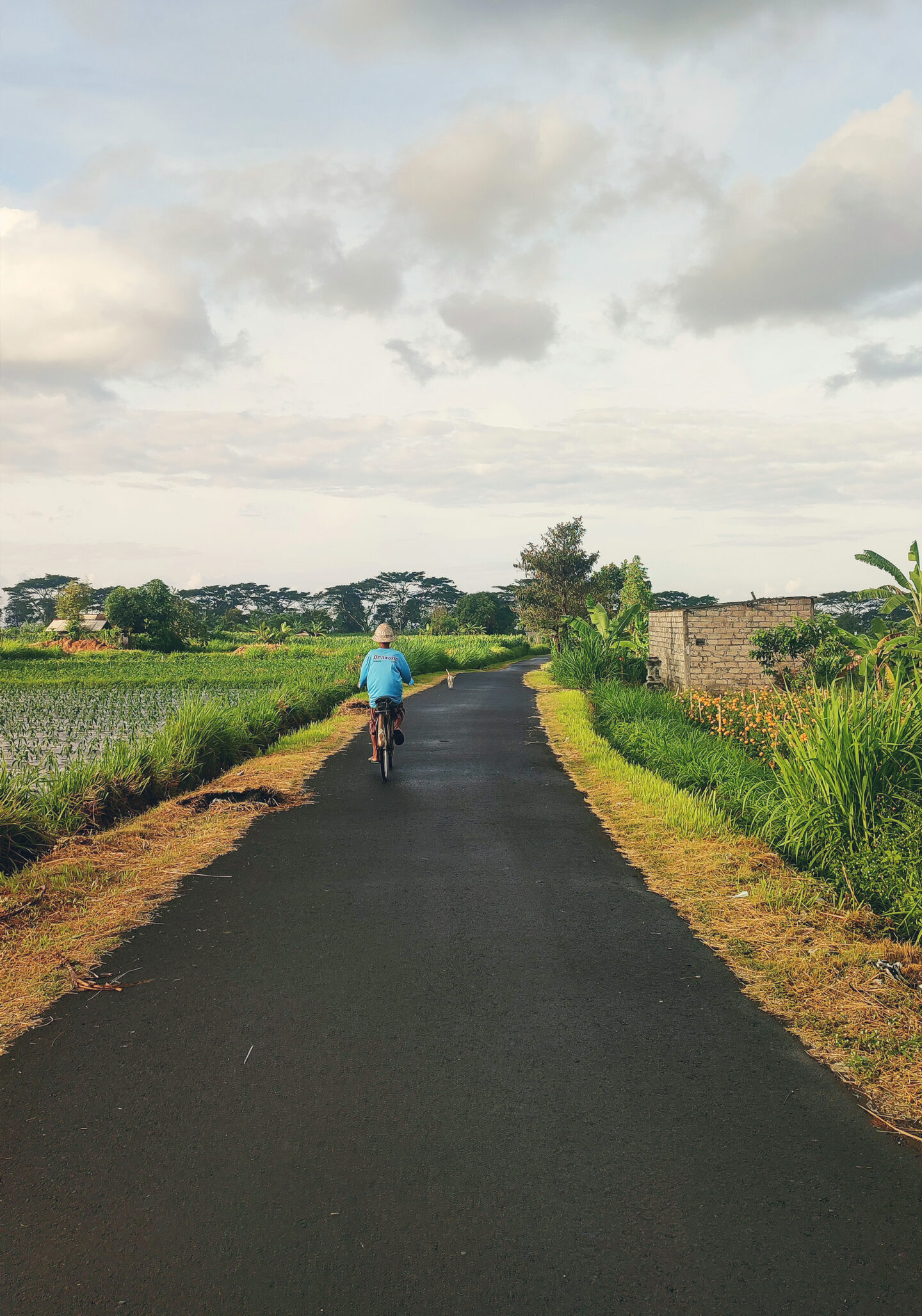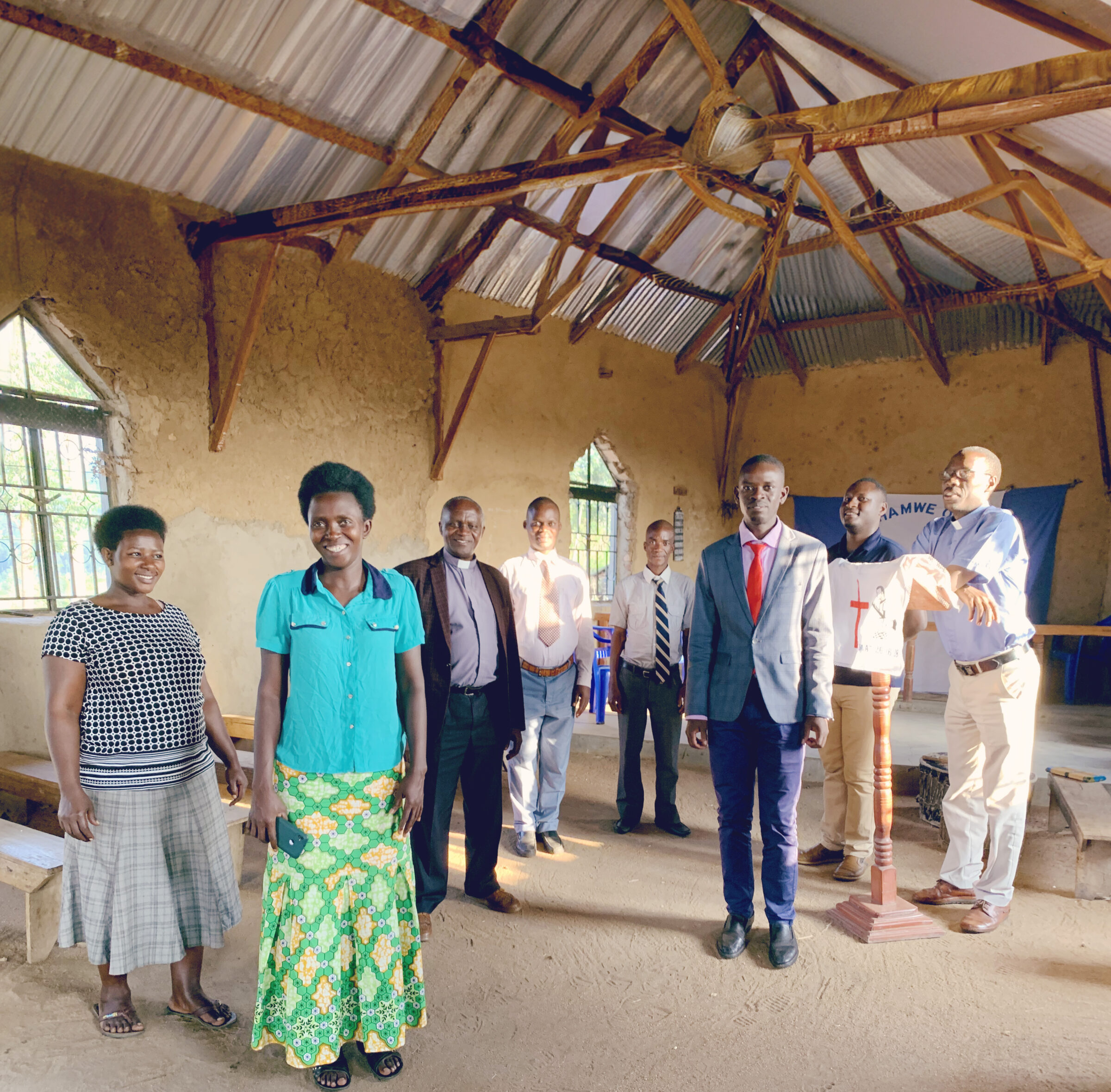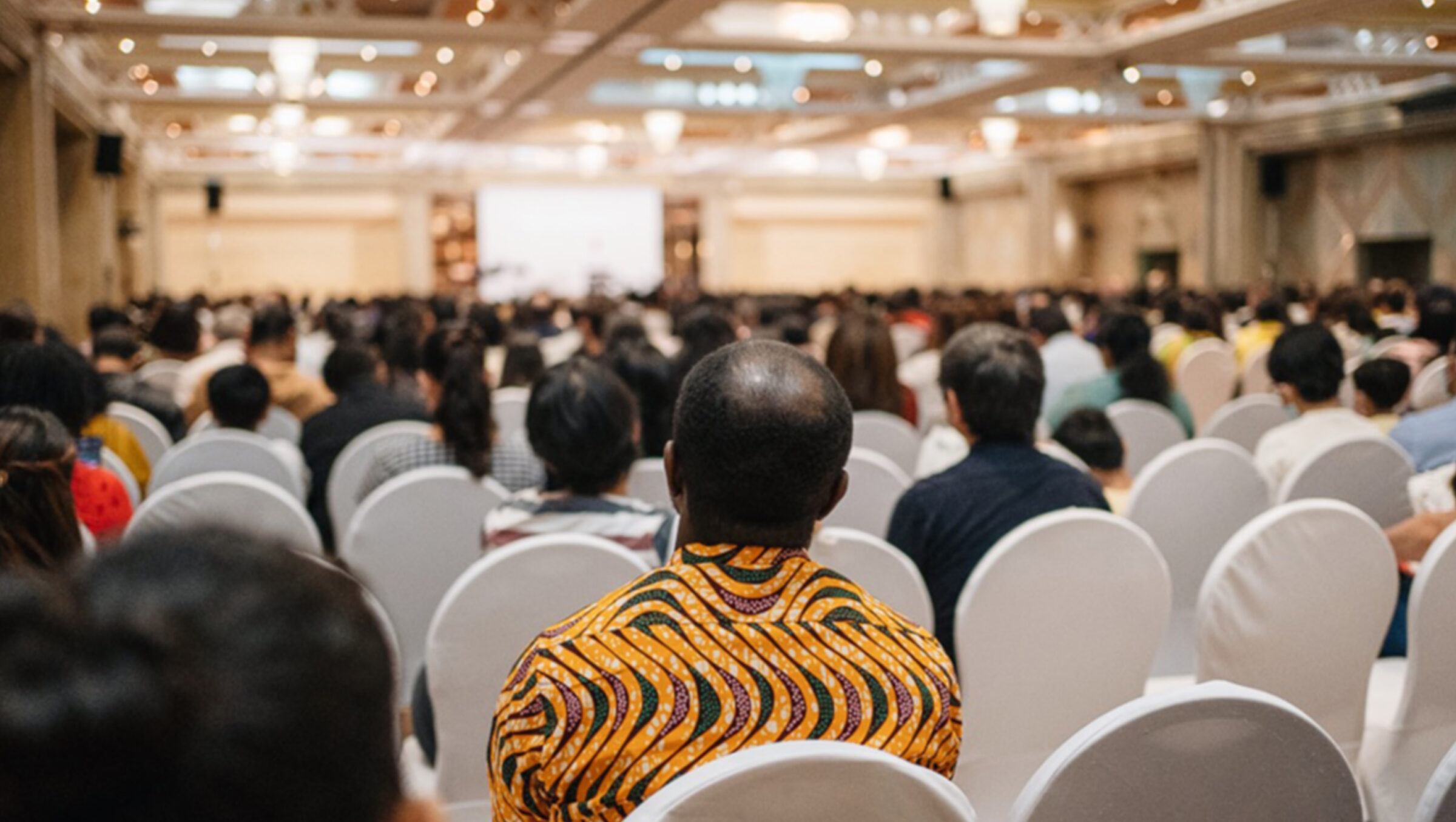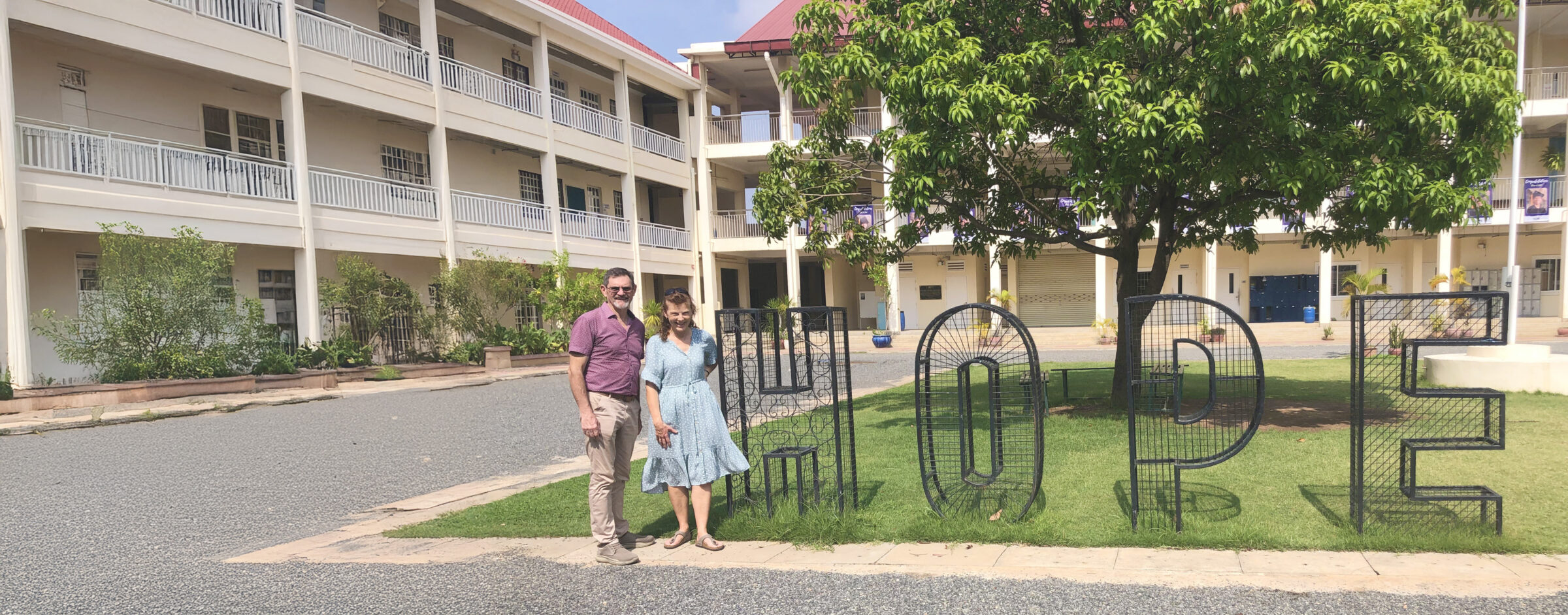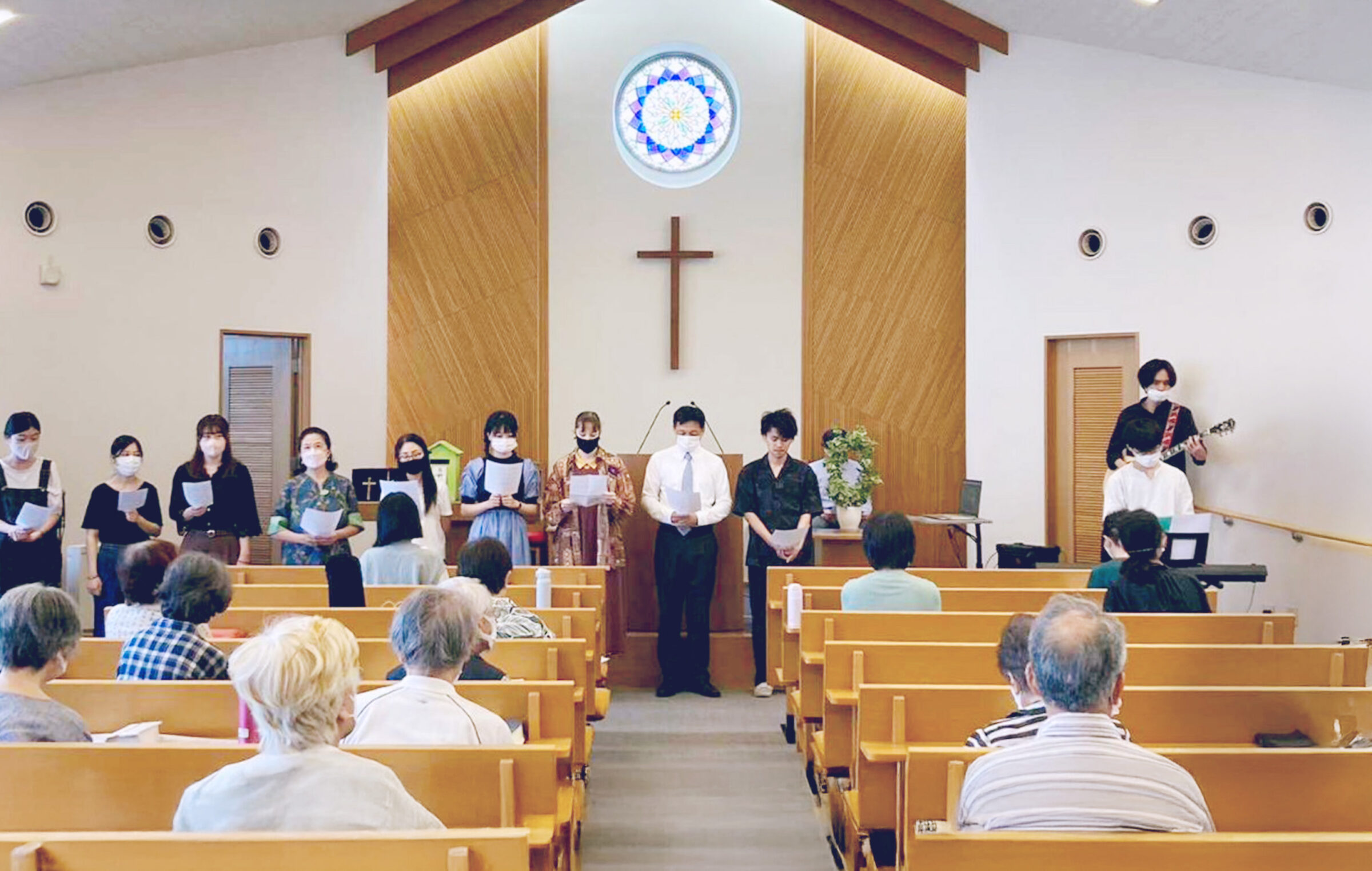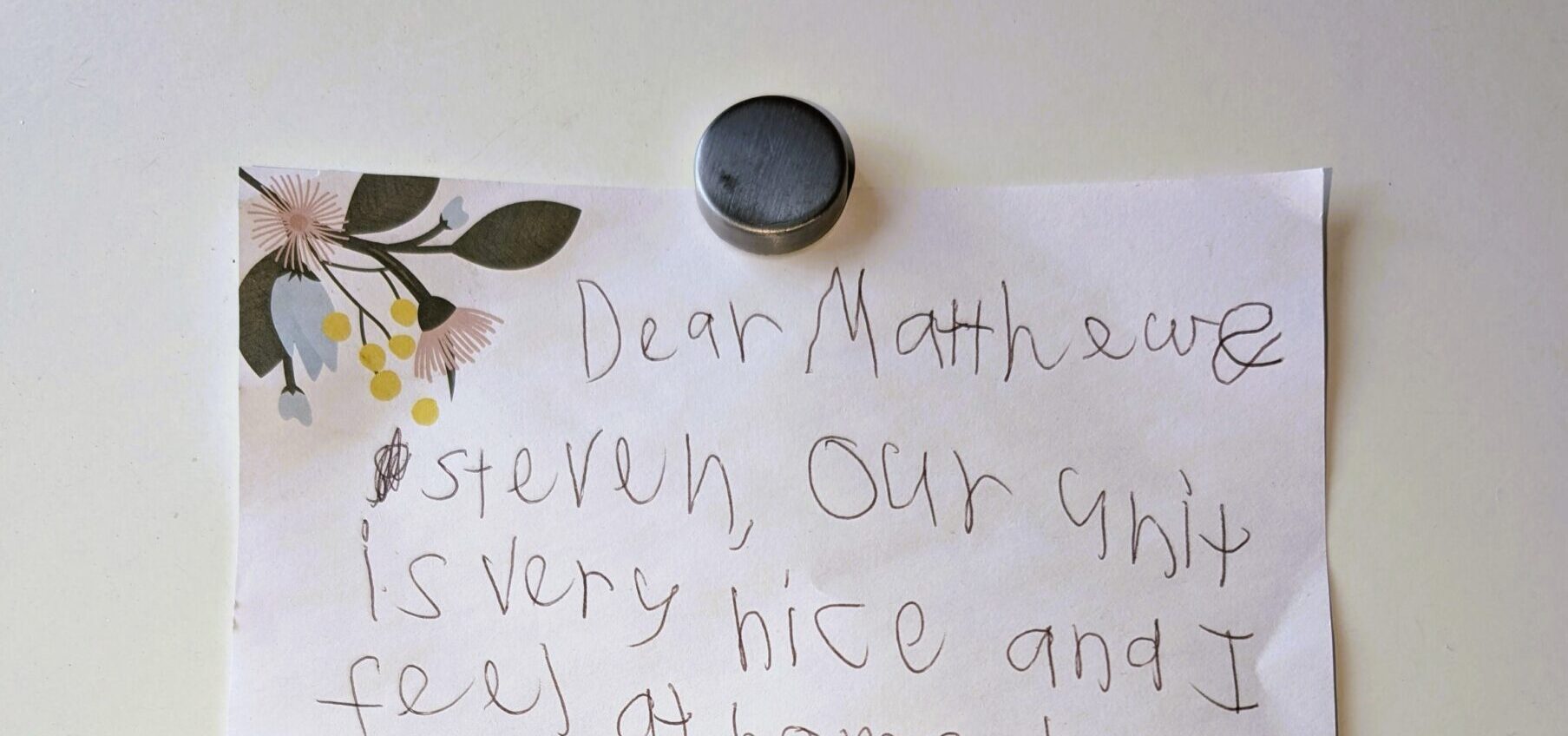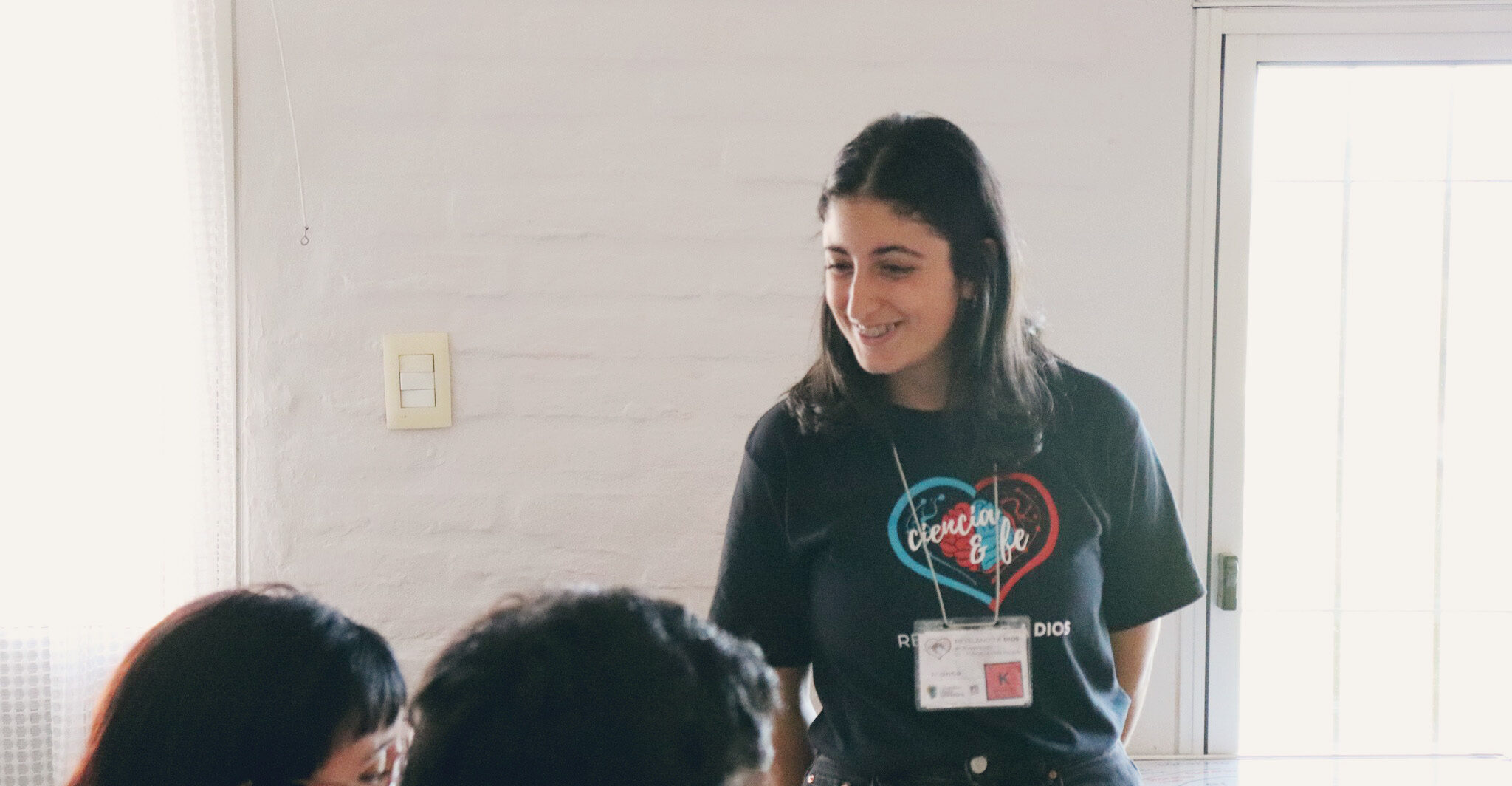We’re still the foreigners
M and K serve the Lord with CMS in South Asia. During a recent trip to the park, M and the kids were subjected to undesired attention and curiosity from a crowd of local men and boys. Here, M shares how this uncomfortable experience highlighted the cost of being foreigners for their family.
“On the way back from the field I was thinking, ‘in heaven, people won’t stare at us like that!’” – my son, S.
Soccer, bike riding… and foreigner-watching
During the wet season, it’s hard to find places for our boys (aged six and three) to run and kick a ball as the fields near our home become sodden mud-baths. So, one day, a few months ago, I took our sons, S and T, across the other side of town to a giant concrete field. Twice a year during Eid festivals, this field holds large corporate prayer gatherings. But during the afternoon in the wet season, it becomes a hive of boys and young men playing soccer or cricket, going bike riding, chasing dogs… and watching foreigners!
When we arrived, the field was nearly empty. We got the soccer balls out and started kicking, chasing, and scoring goals. Then, the inevitable occurred. A friendly man walked up to me and asked, “Do you live near the poet’s house? I think I’ve seen you there. I live near that village and work here”, as he pointed to a local building. Not wanting to be rude, I replied to him in the local language, which attracted a large crowd and unwanted attention.
Suddenly, a large group of 8–12-year-old boys started watching S and T kick the ball, before a younger boy stole the ball off T and tried to do soccer tricks. “Let’s go home,” S said quietly. I tried to get the crowd of boys and young men to leave, and said, “You came to play, so go and play. We just want to play.” A crowd of 20-30 dispersed, but still five or six remained. “Go”, this time I said it more forcefully. But within five minutes, we were once again surrounded by a crowd. “I want to go home”, S said once again.
I felt anger and frustration rising within me; a perfectly good afternoon ruined because everyone wanted to stare at and talk with the foreigners. As we collected our belongings, I kept telling the boys around us to leave. They enjoyed the fact that I’d gotten annoyed, and began mimicking what I was saying and making fun of my foreign accent. S and T could tell I was angry. T went quiet, and I was close to tears.
We then took a rickshaw to the football stadium to watch some of the local teams play, as we couldn’t play ourselves. Within five minutes of sitting in the stands, we had people on either side of us asking, “What country are you from?” “Do you speak our language?” “Are these your children?”. I had grown tired of the questions and my fuse was short, so we caught a rickshaw home.
On the way home, I tried to talk with the boys about emotions. I apologised to them for being angry and frustrated. T told me he felt sad that I was angry. As we approached our home, S said, “On the way back from the field I was thinking ‘in heaven, people won’t stare at us like that!’”
Counting the cost
At dinner that evening, I prayed that God would help me to love this country and its people. I worry about how days like today will affect S and T’s view of living here. I asked the Lord to help them love this country and the people, too.
While we often appreciate the friendliness of neighbours and strangers here–and find many opportunities to chat because of people’s willingness to talk to us–there are definitely times we would prefer to be ignored! This is part of the cost we need to count in living in this location. Our King carried a cross so we could be free. May God give us grace to carry this cross, so that perhaps through us, some of these people may also find freedom in him.
PRAY

Pray that God would grow in M and K a love for the people of South Asia, even when their ‘interest’ in them as foreigners can make family life hard. Pray that even the undesired attention may lead to good conversations about faith, life and hope with people who want to talk with them.


